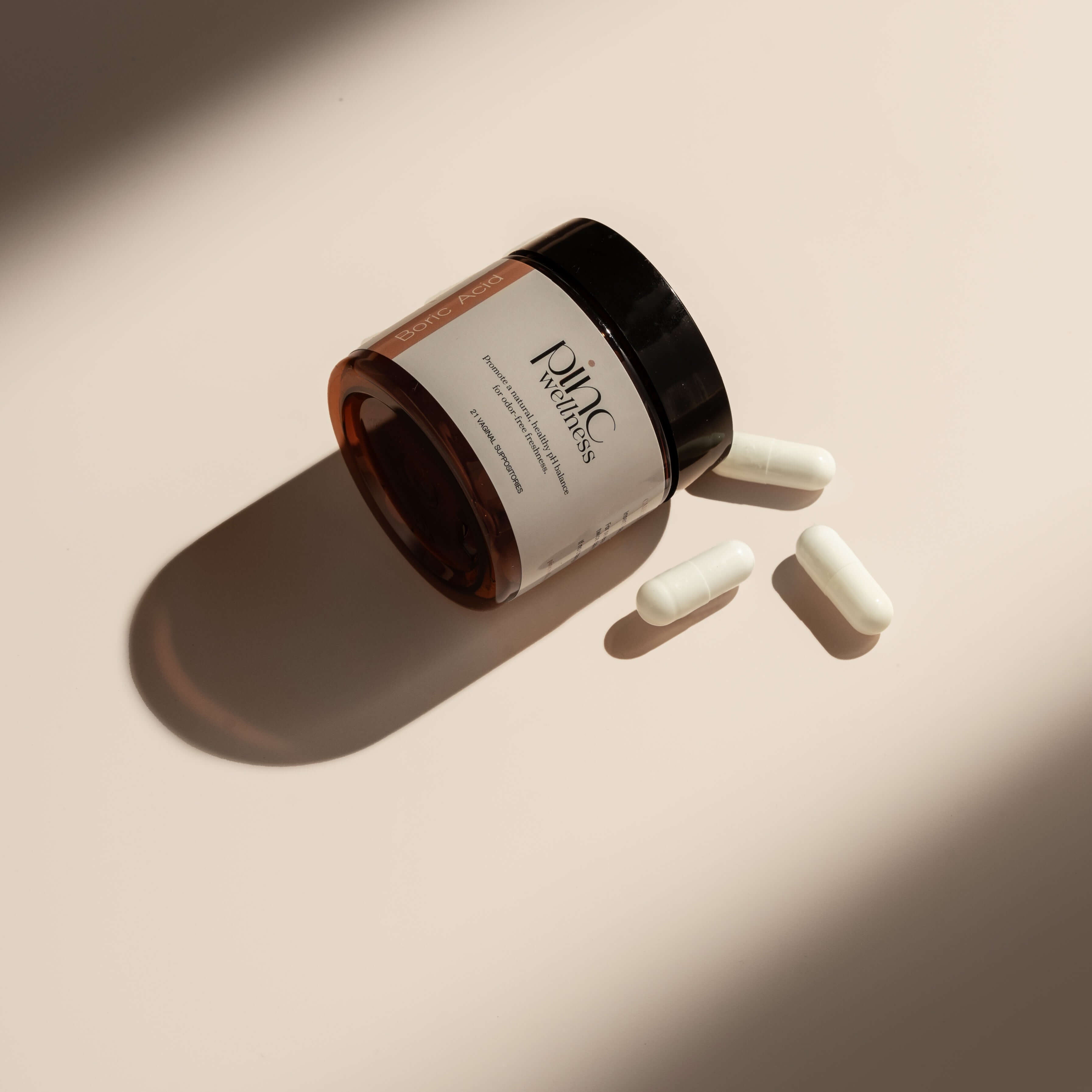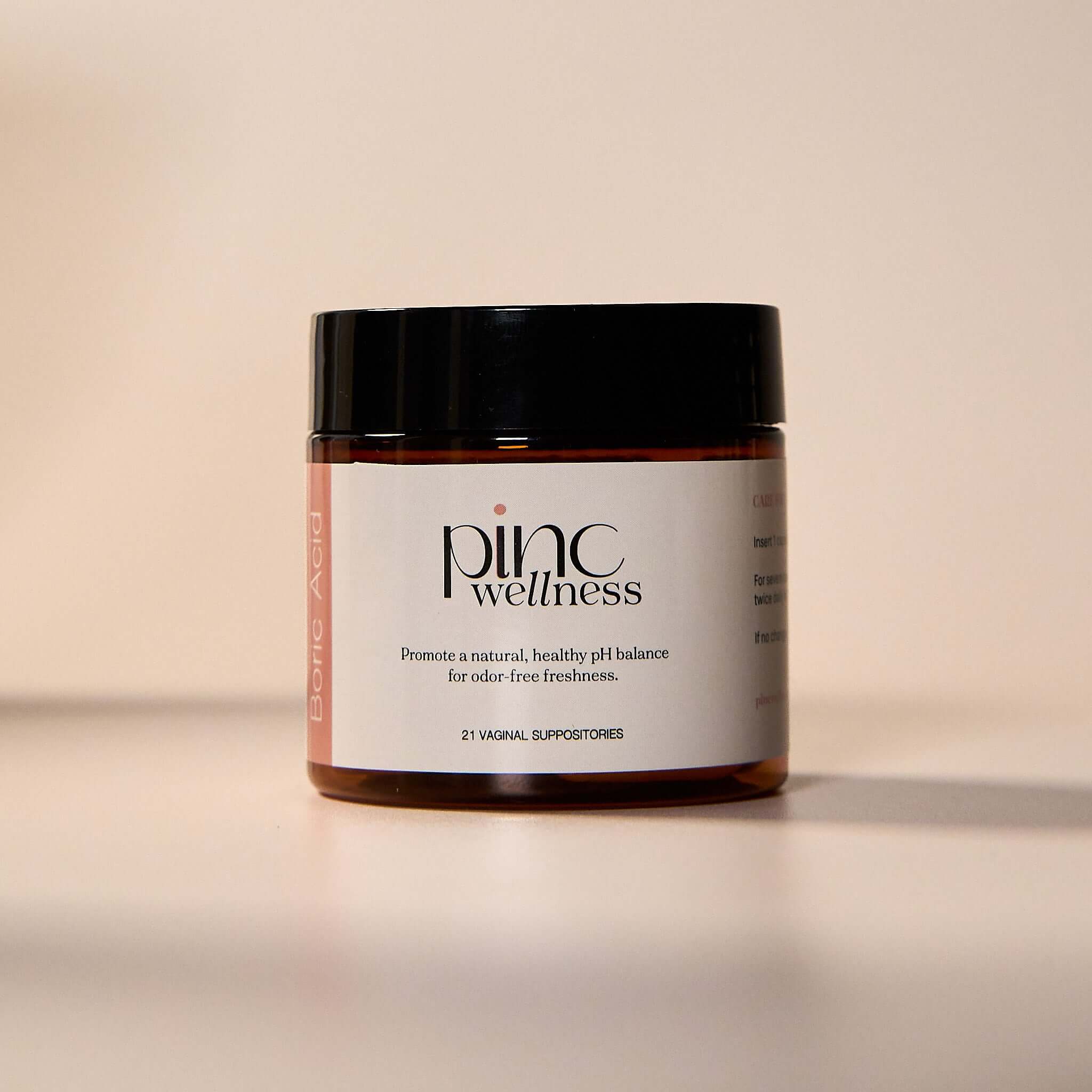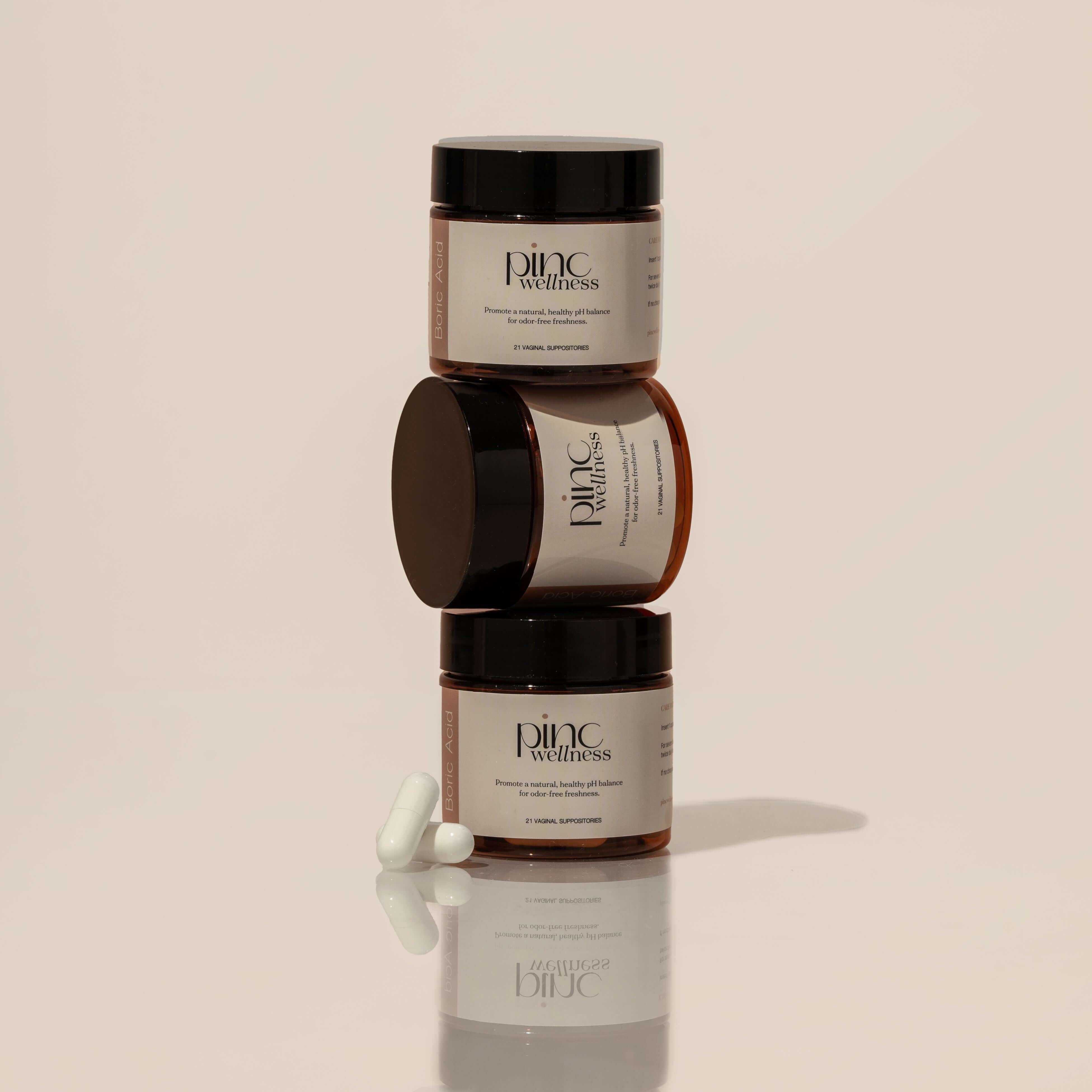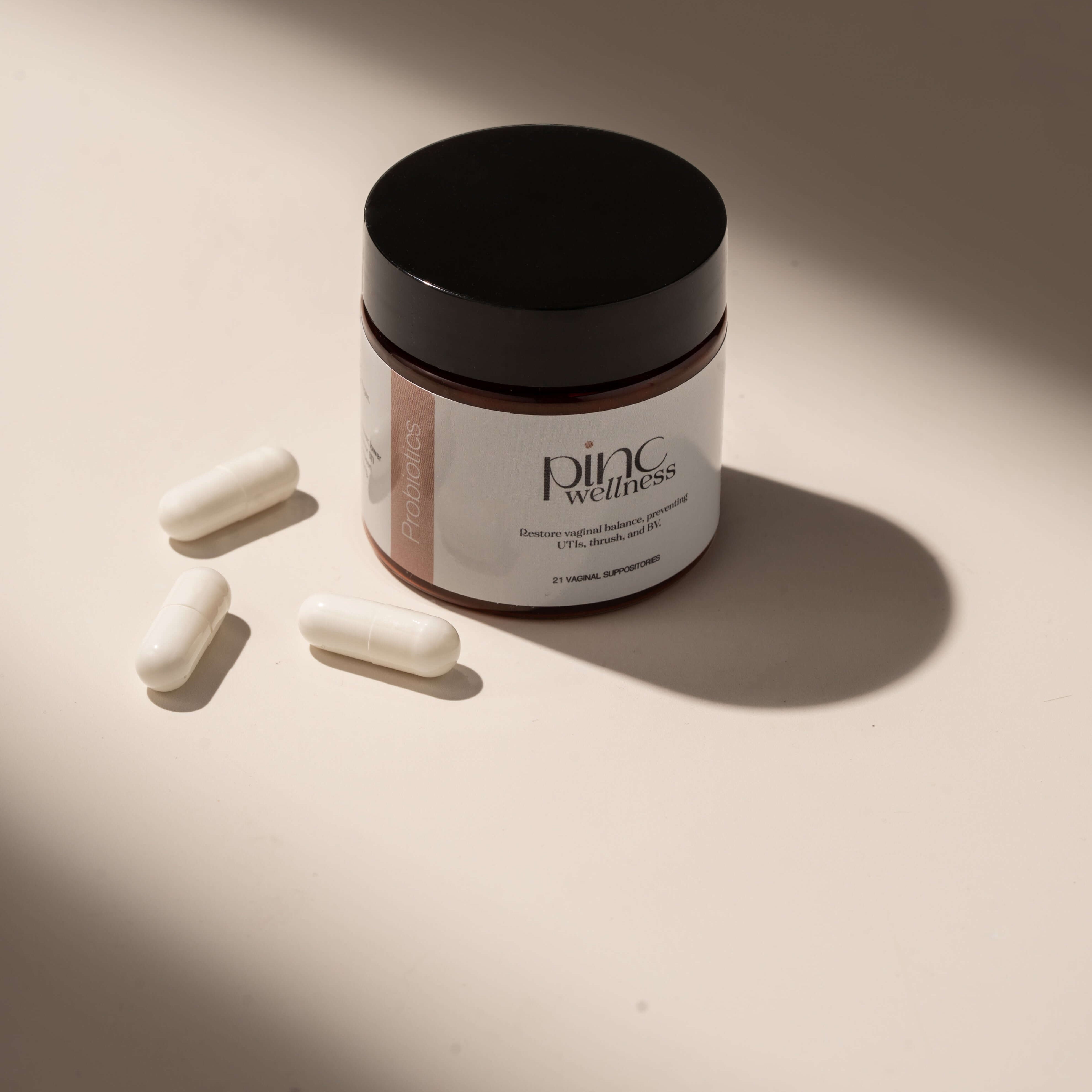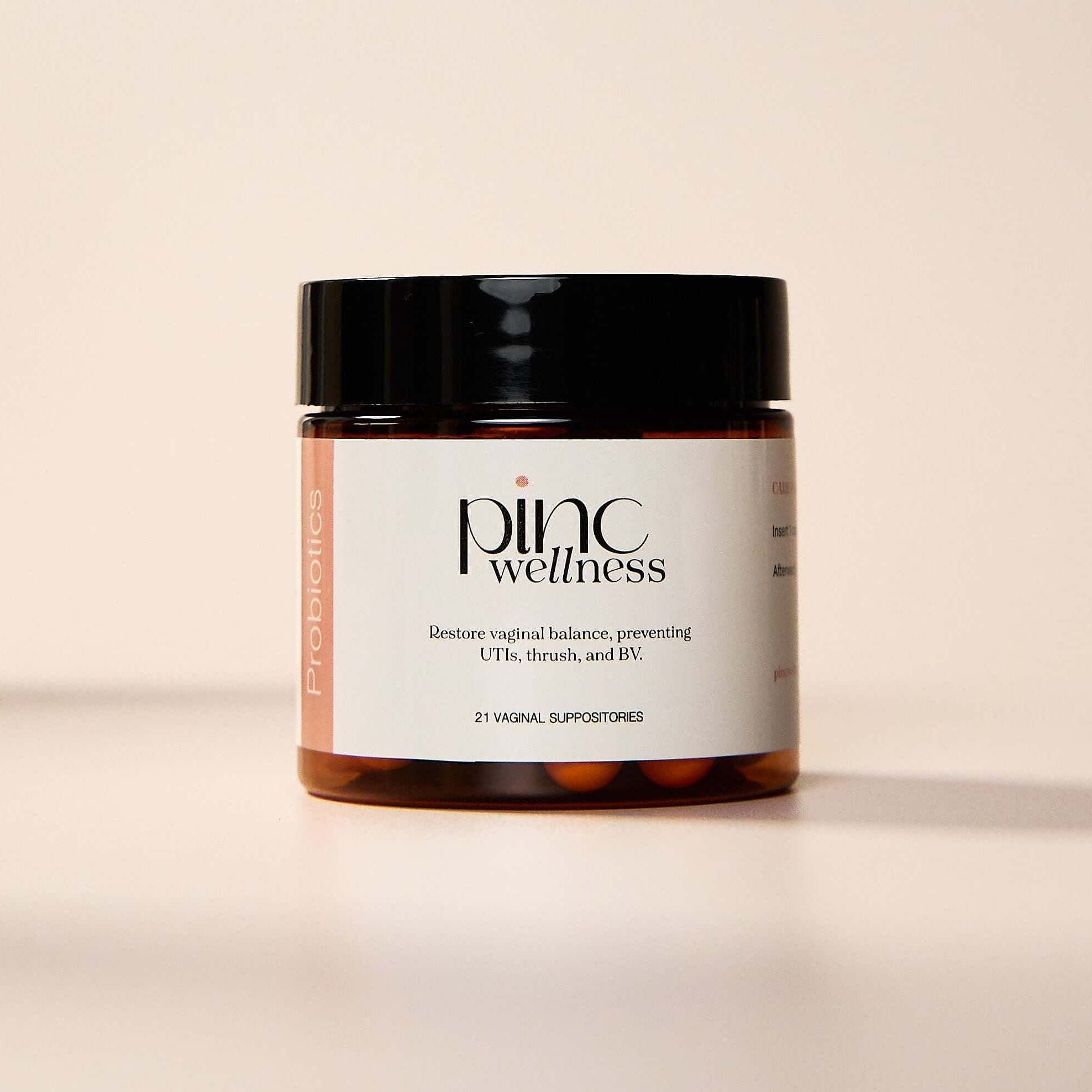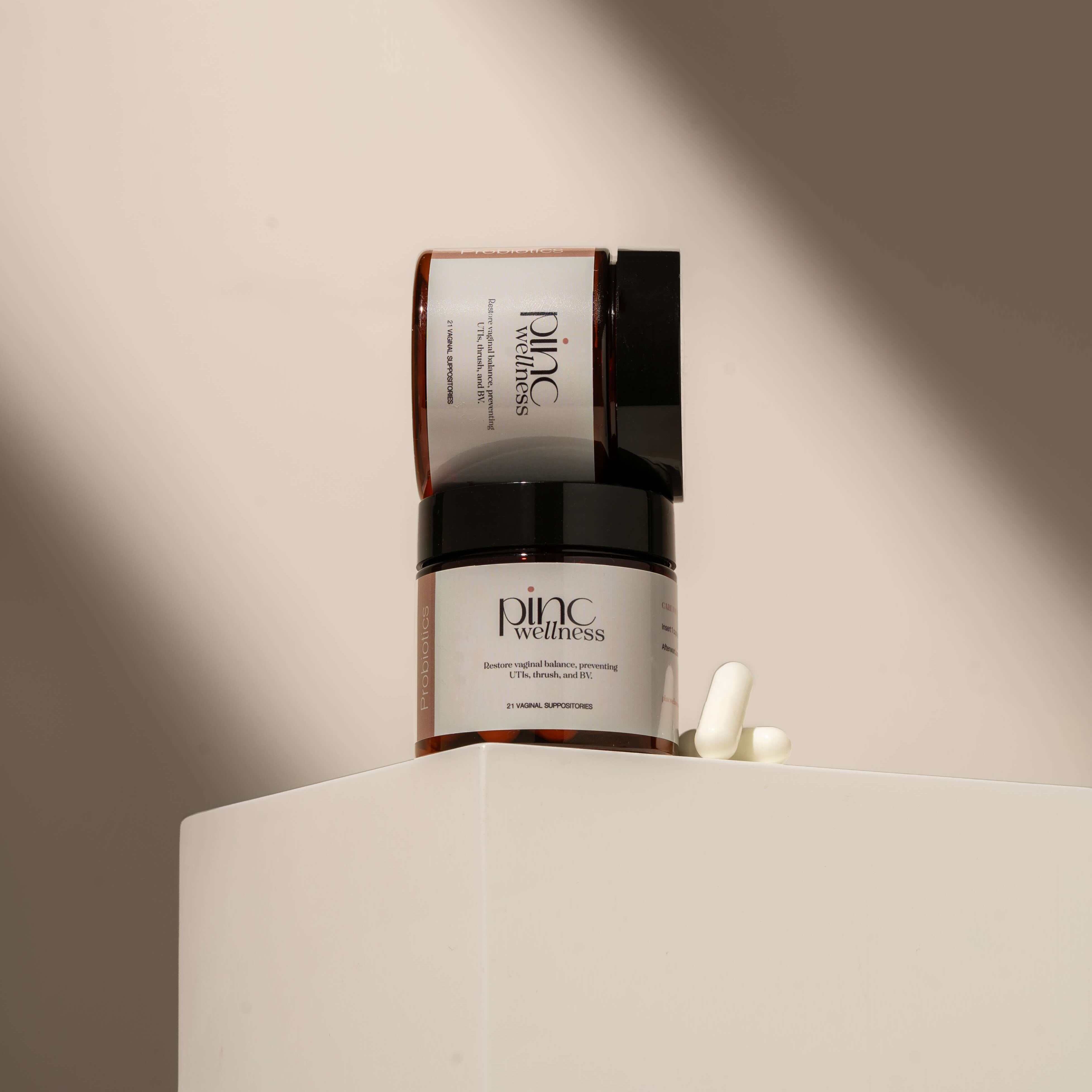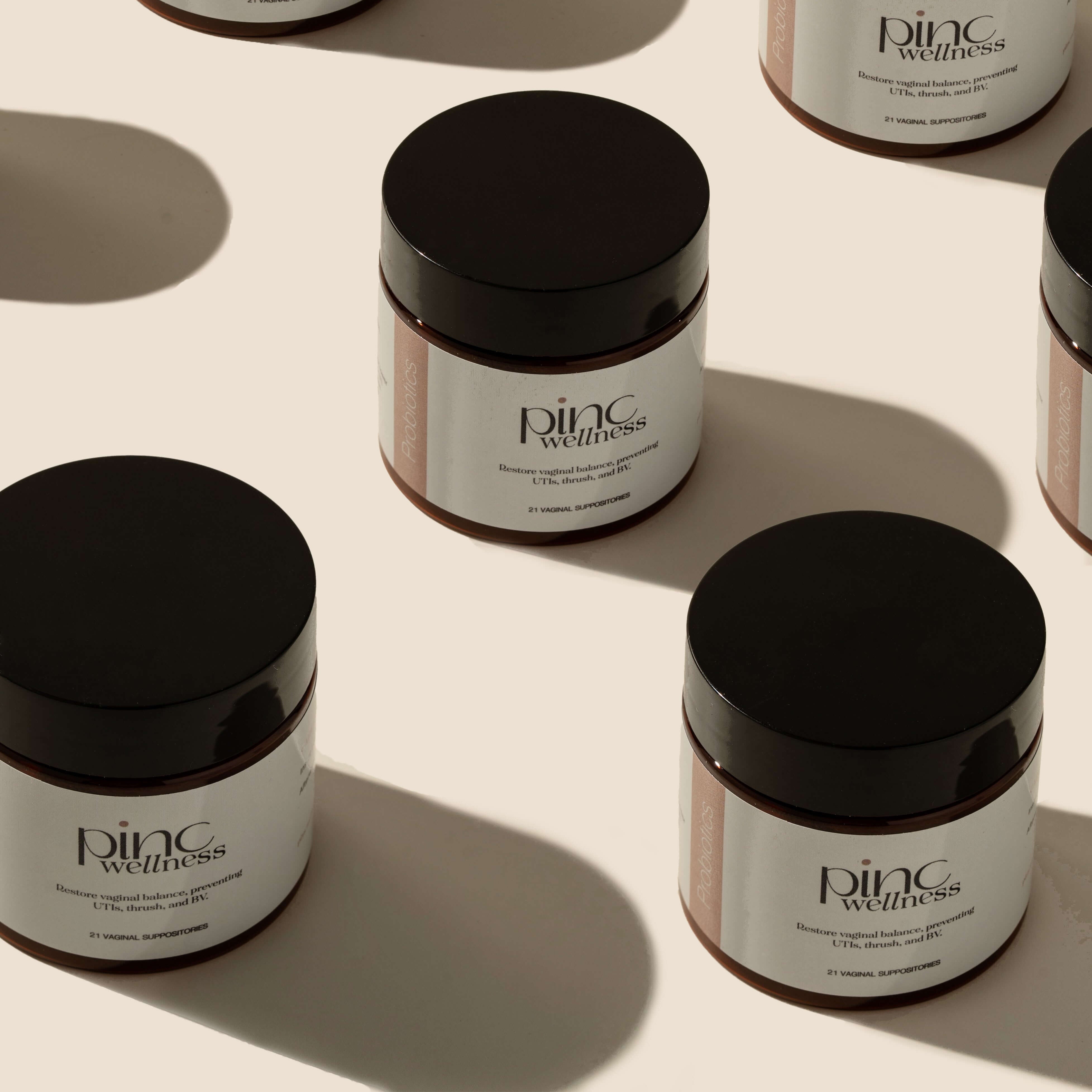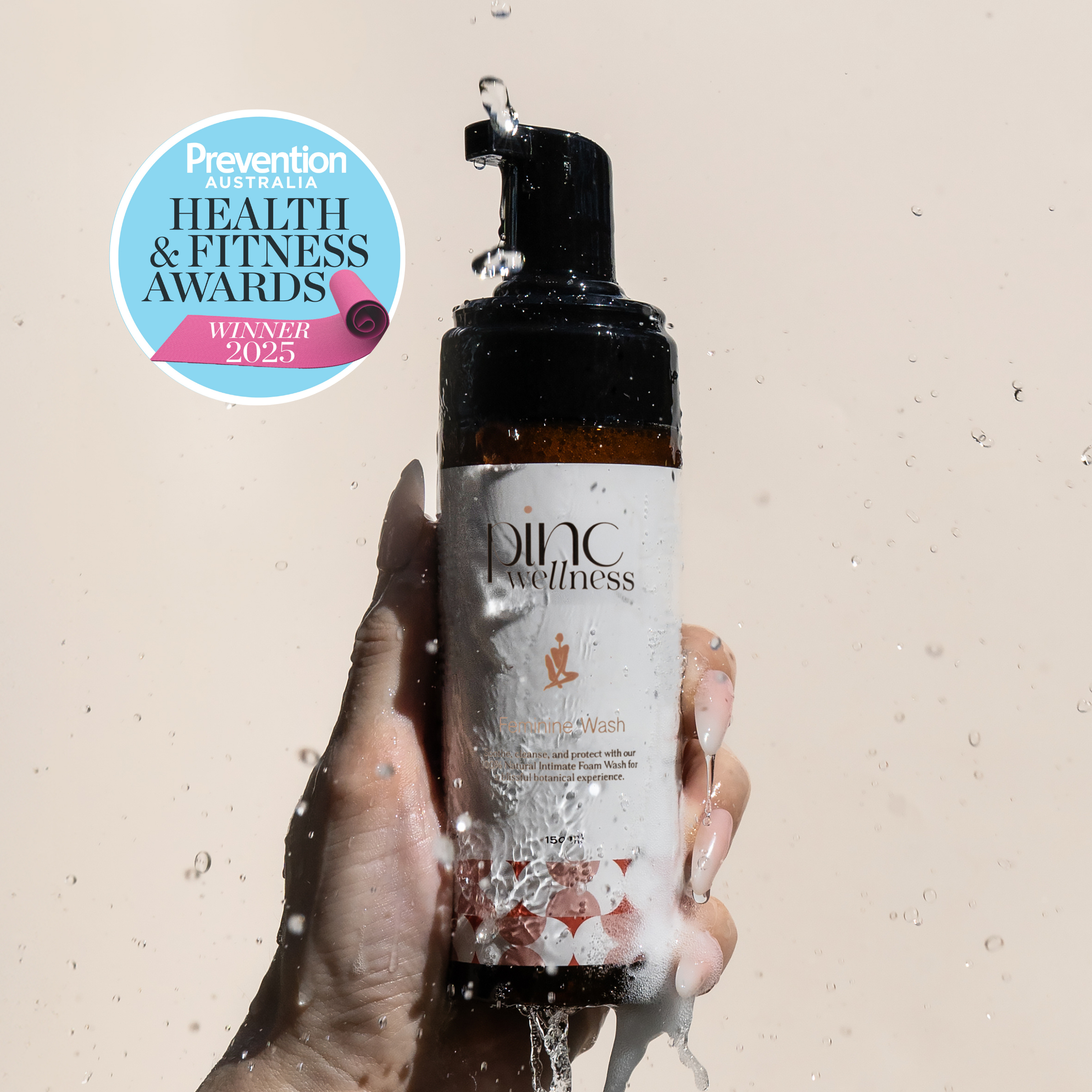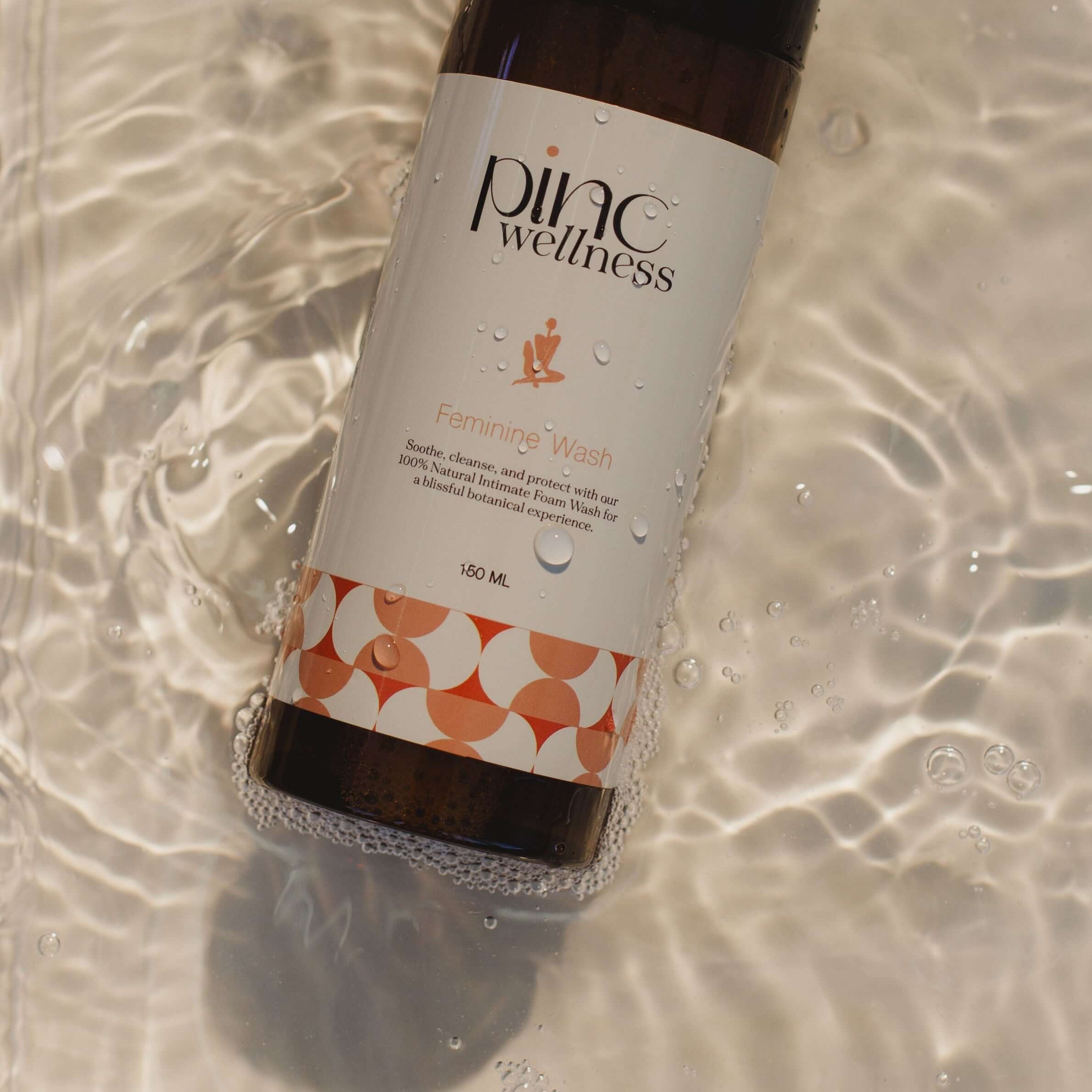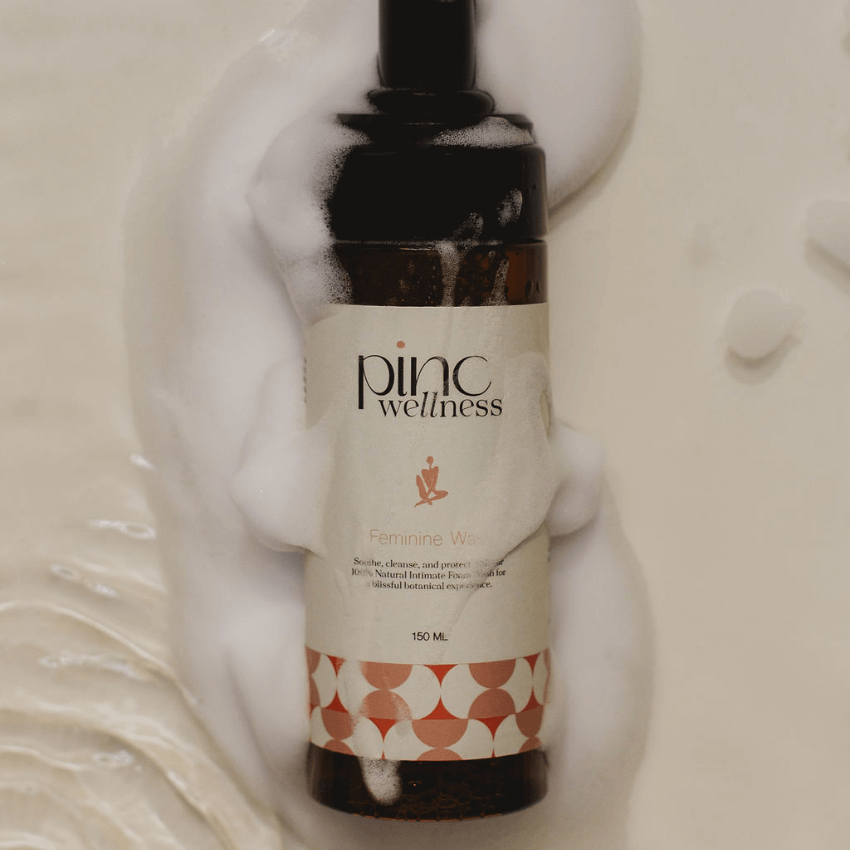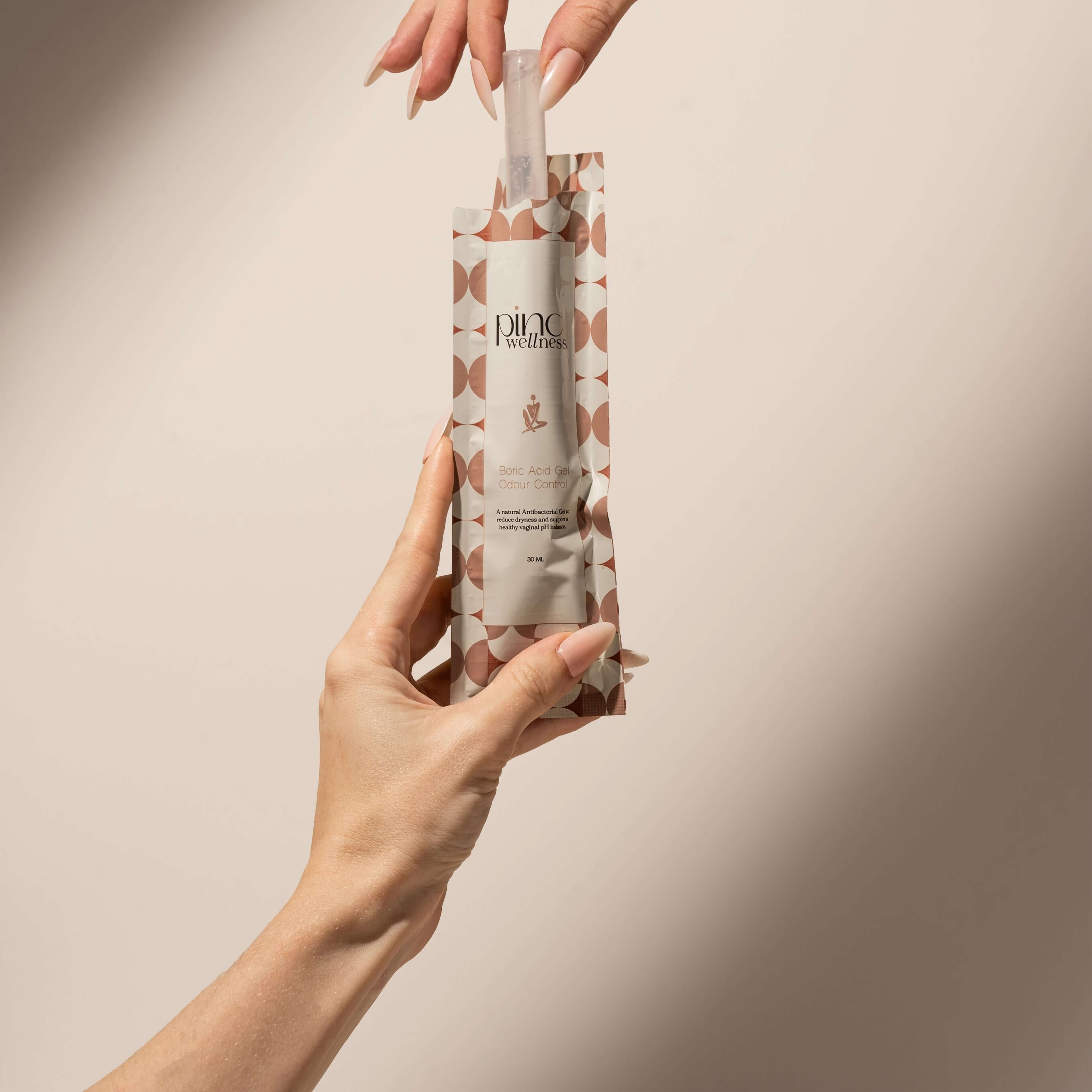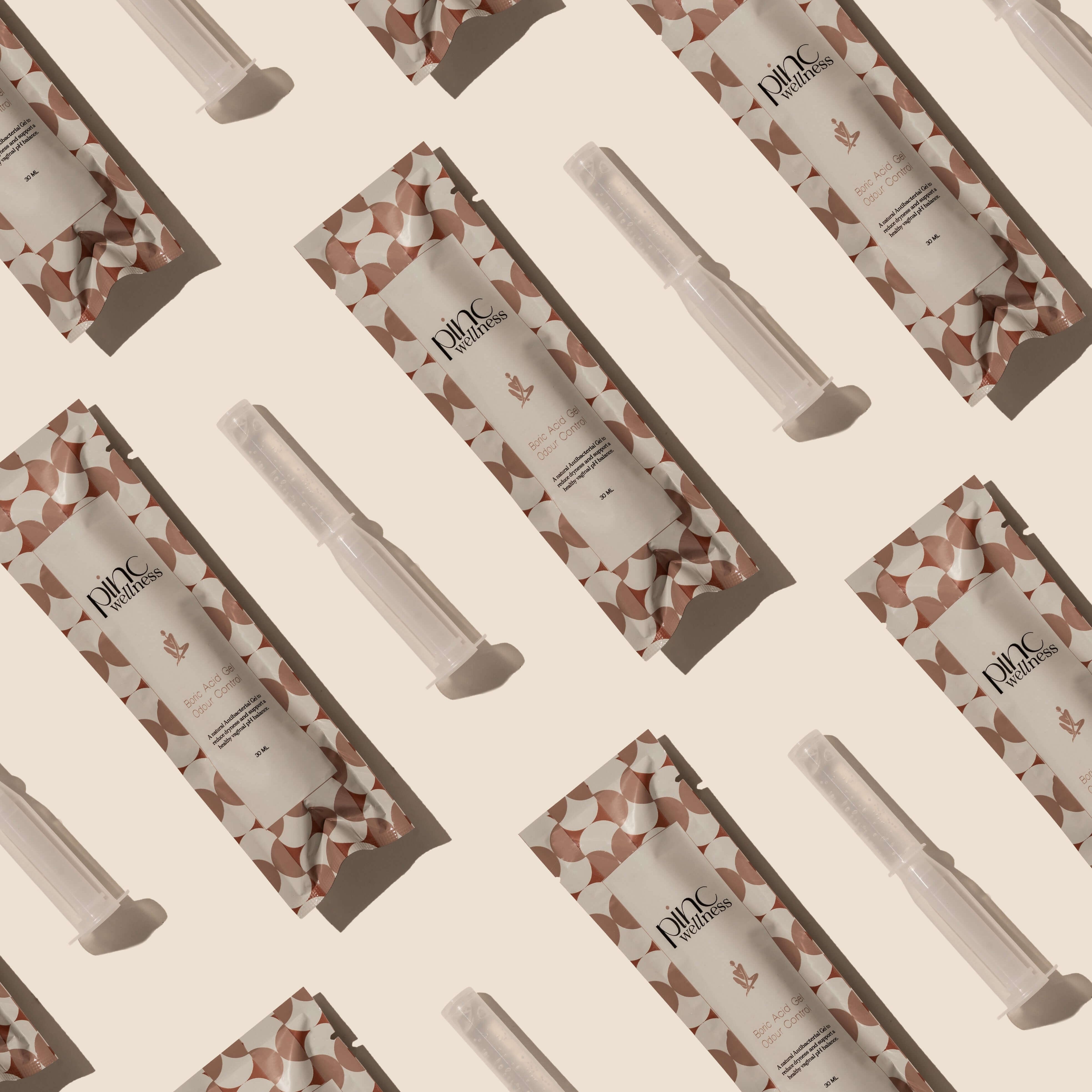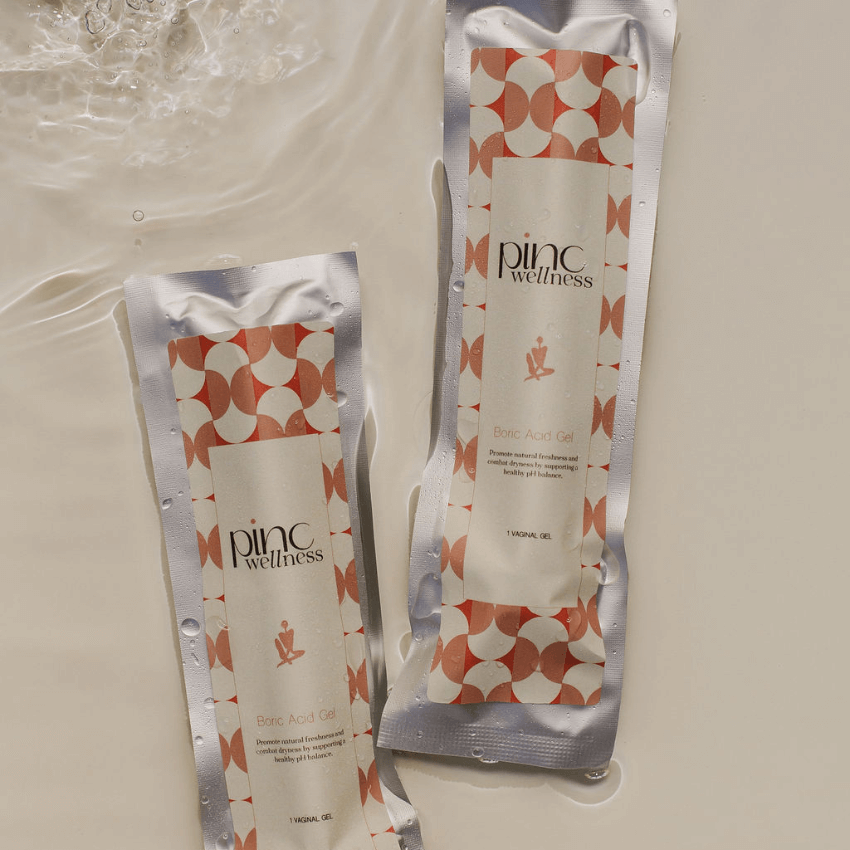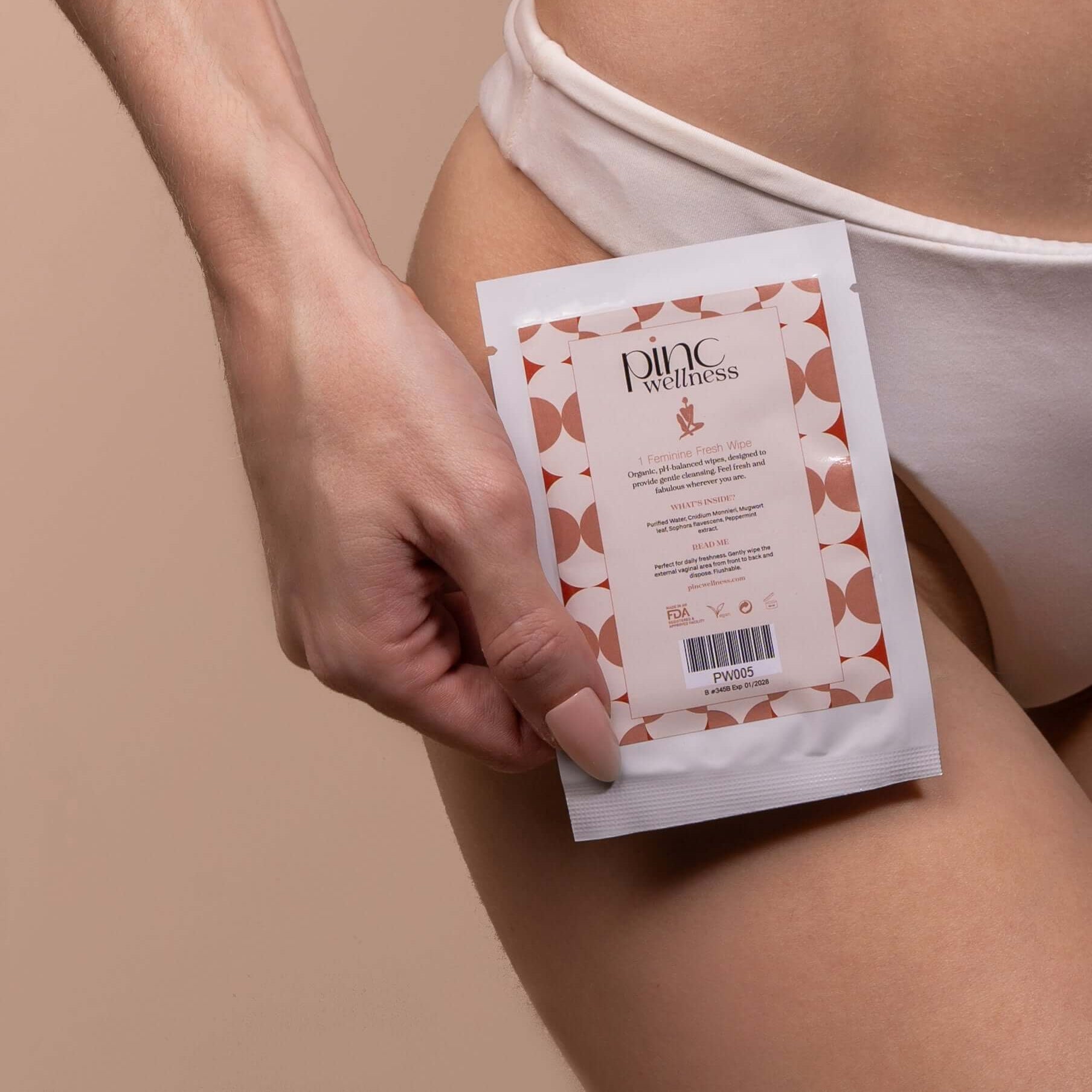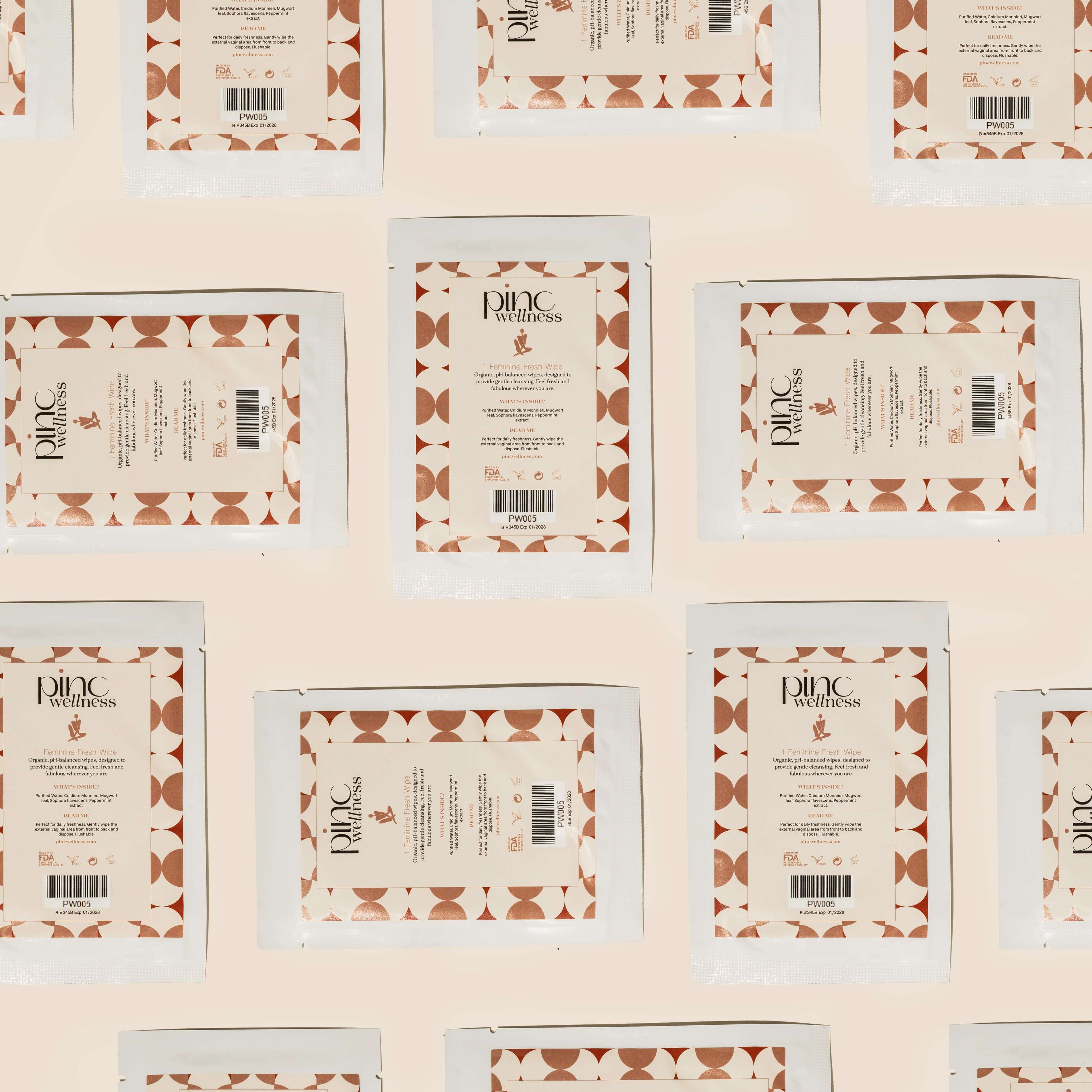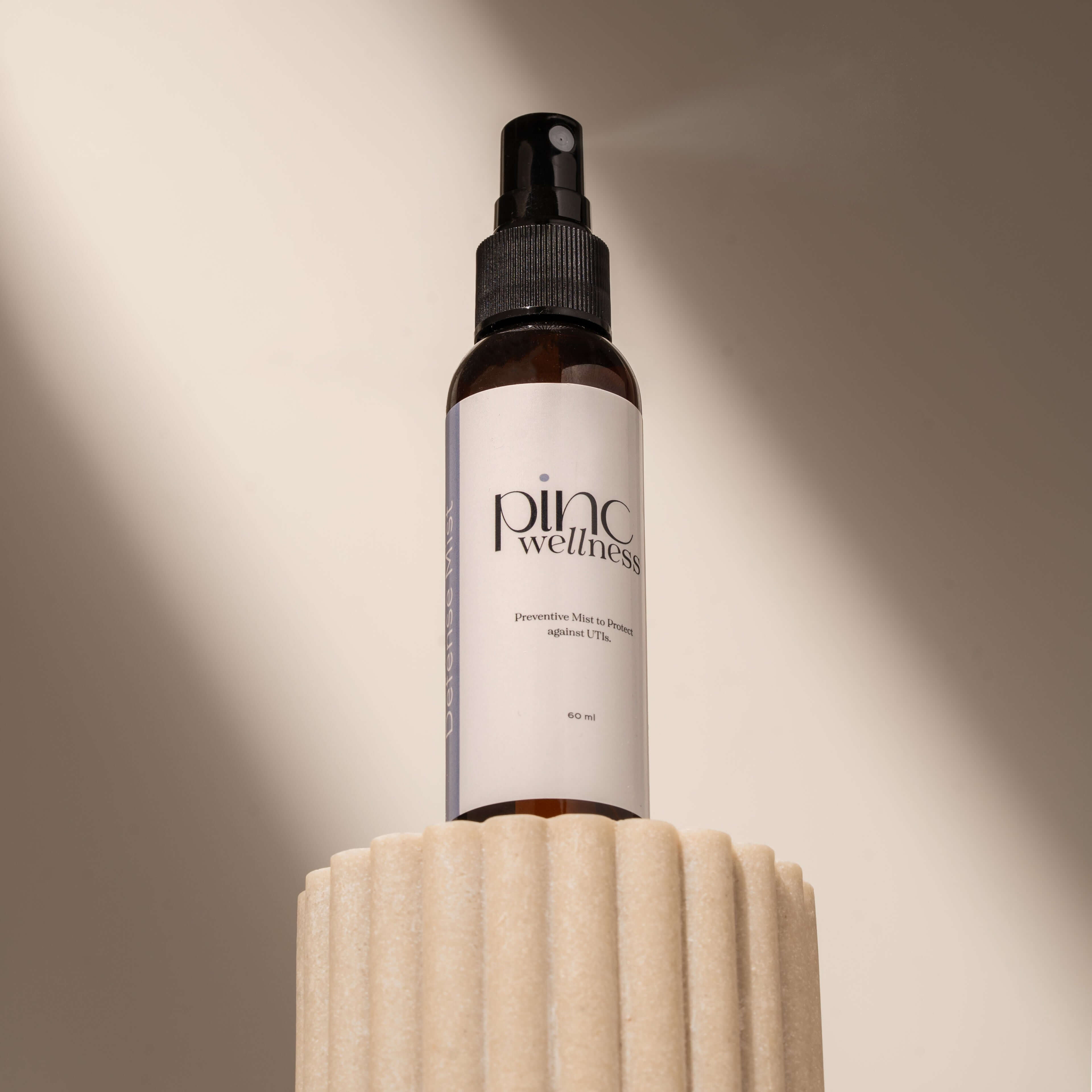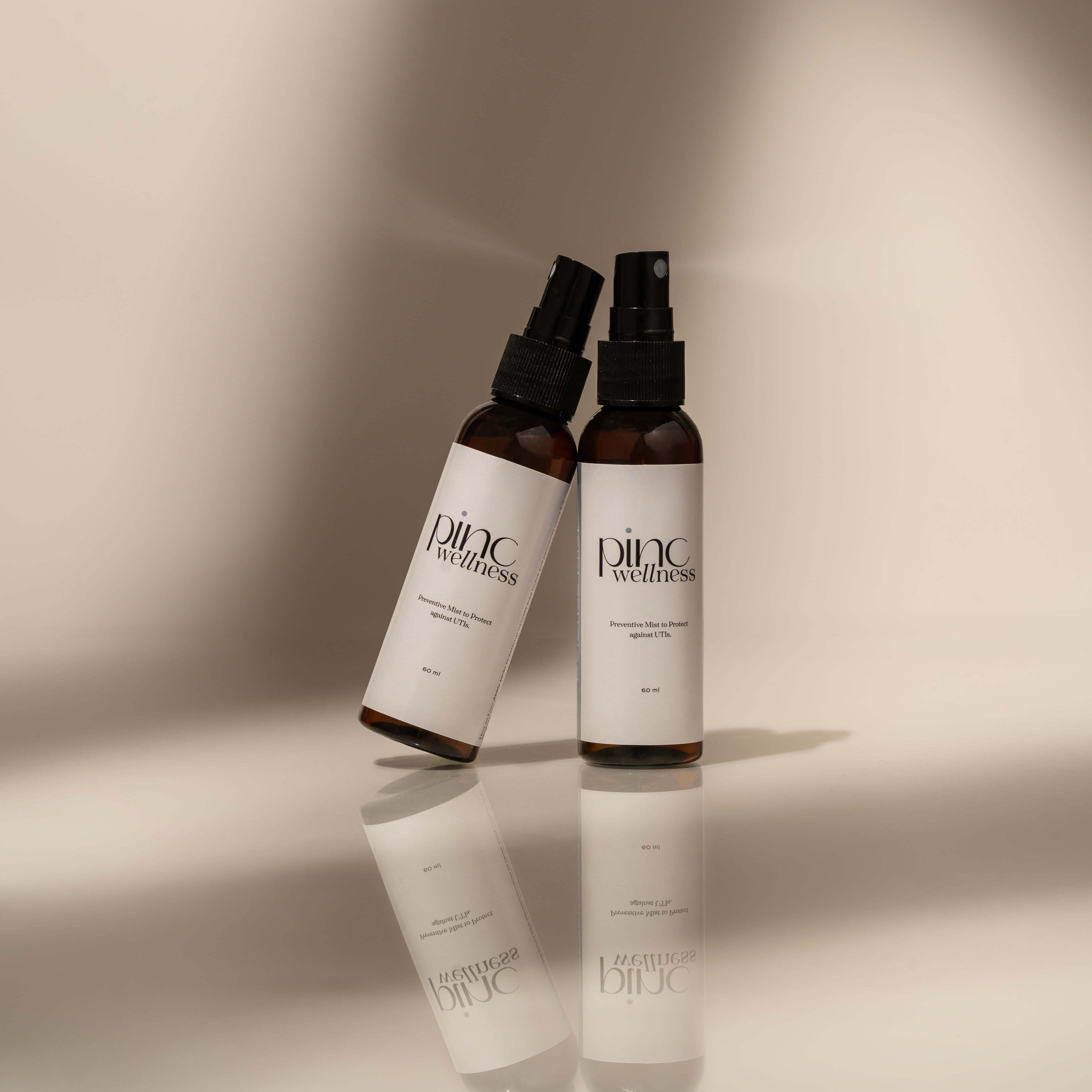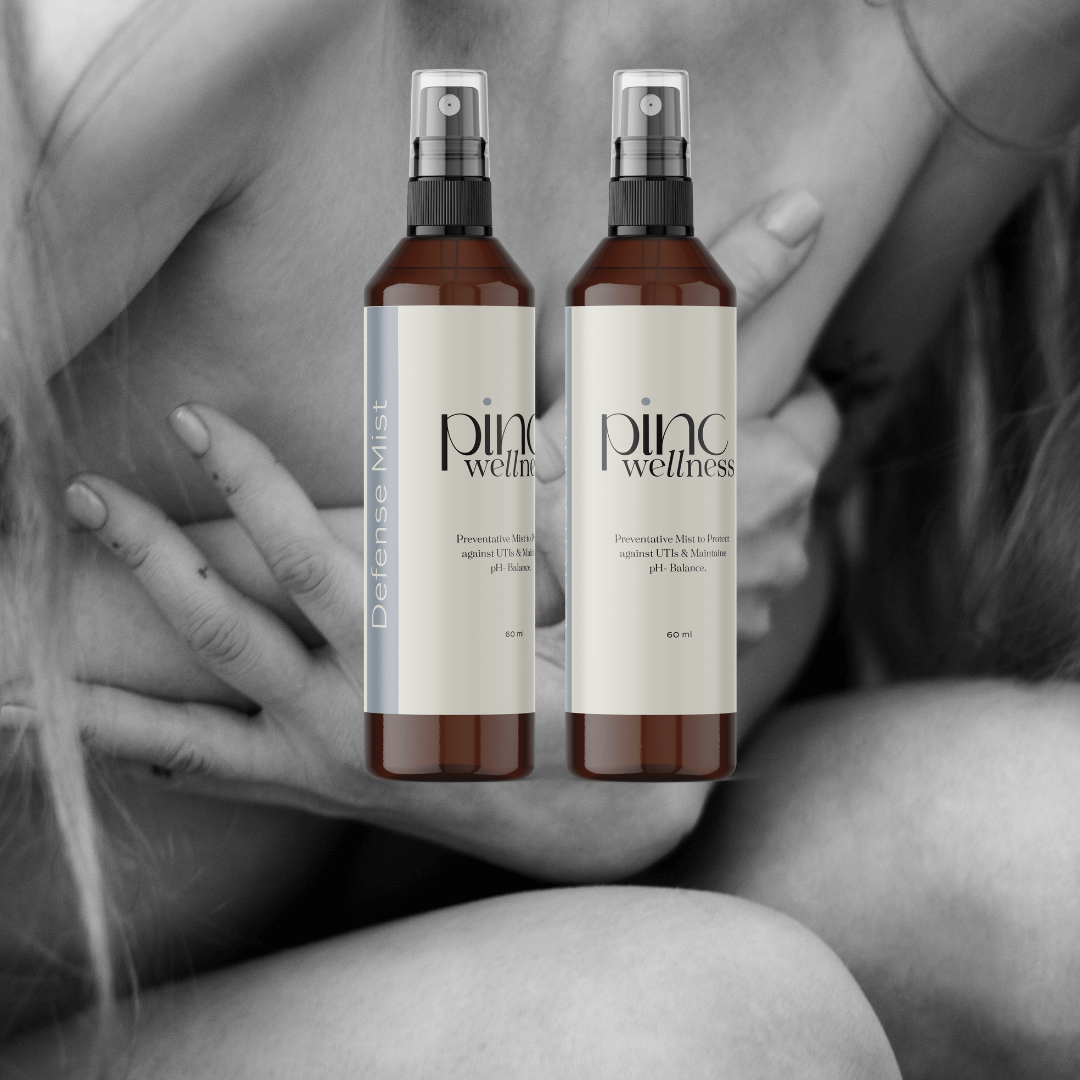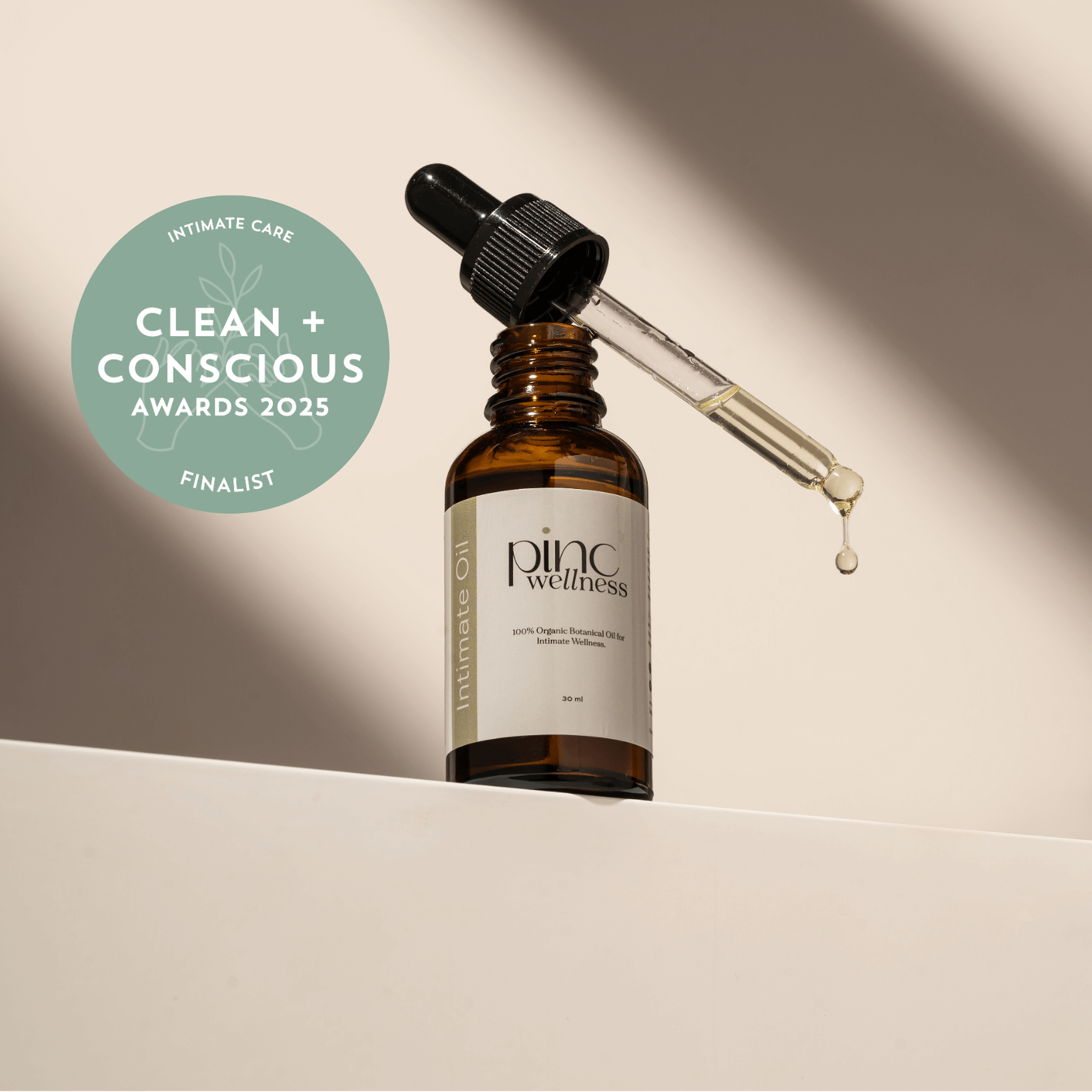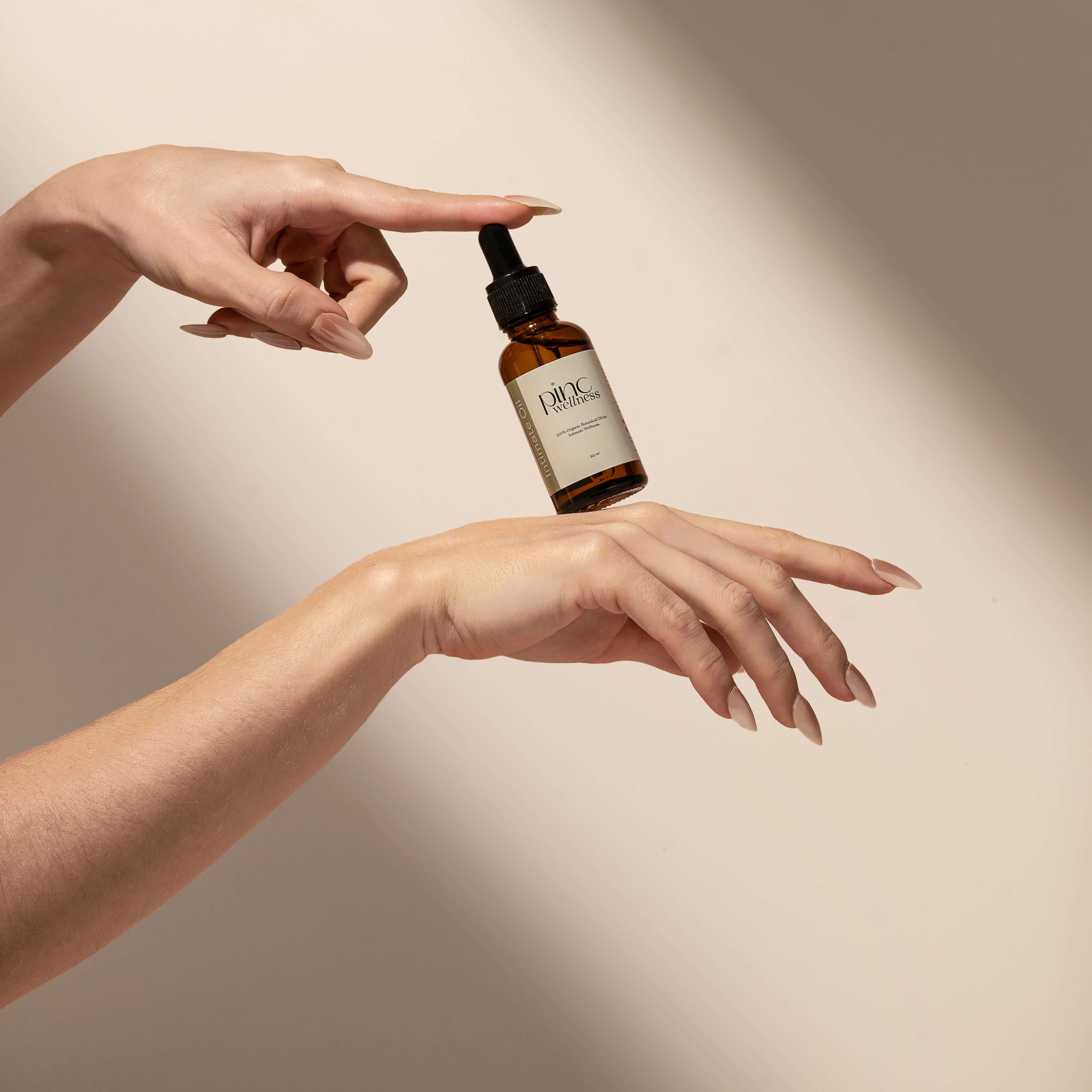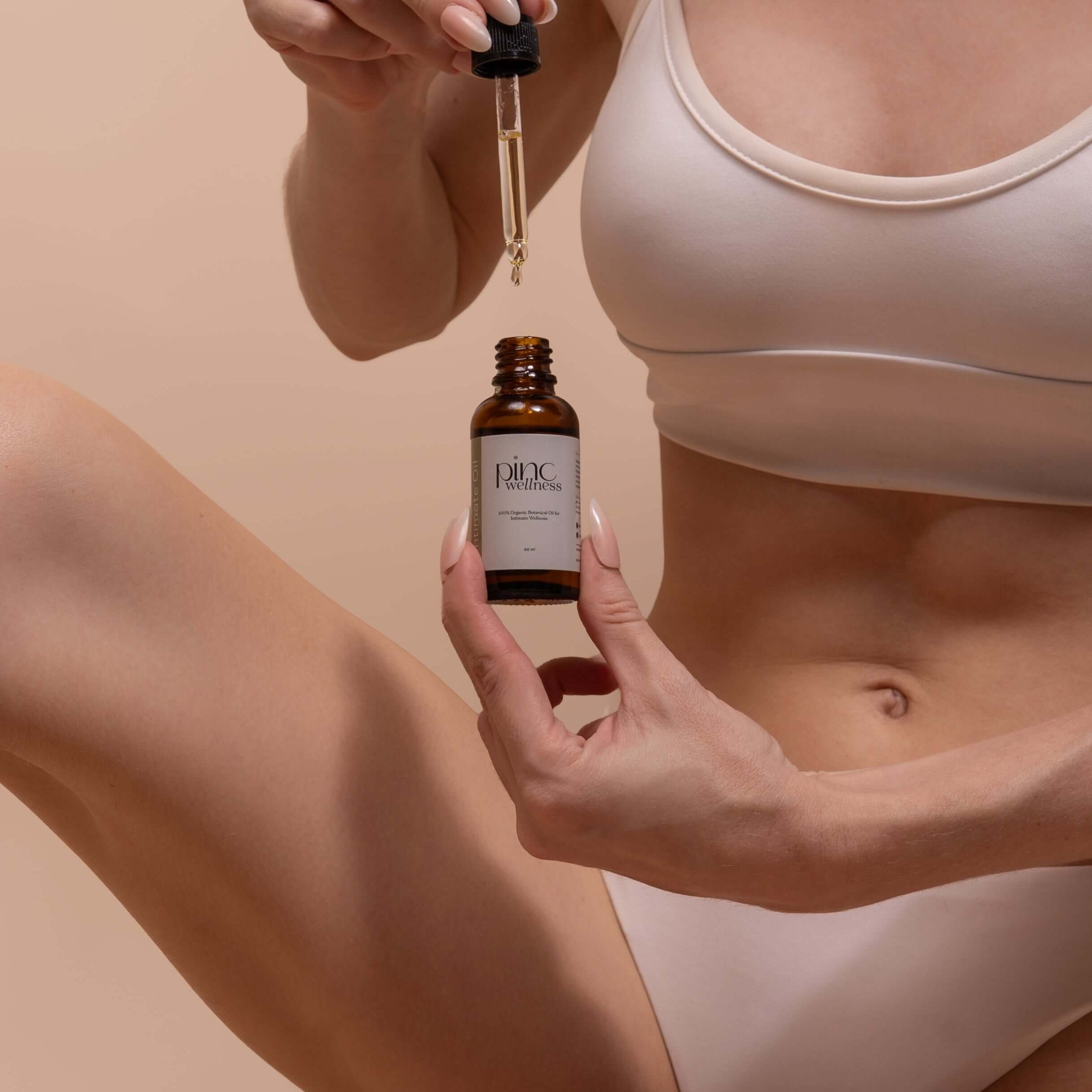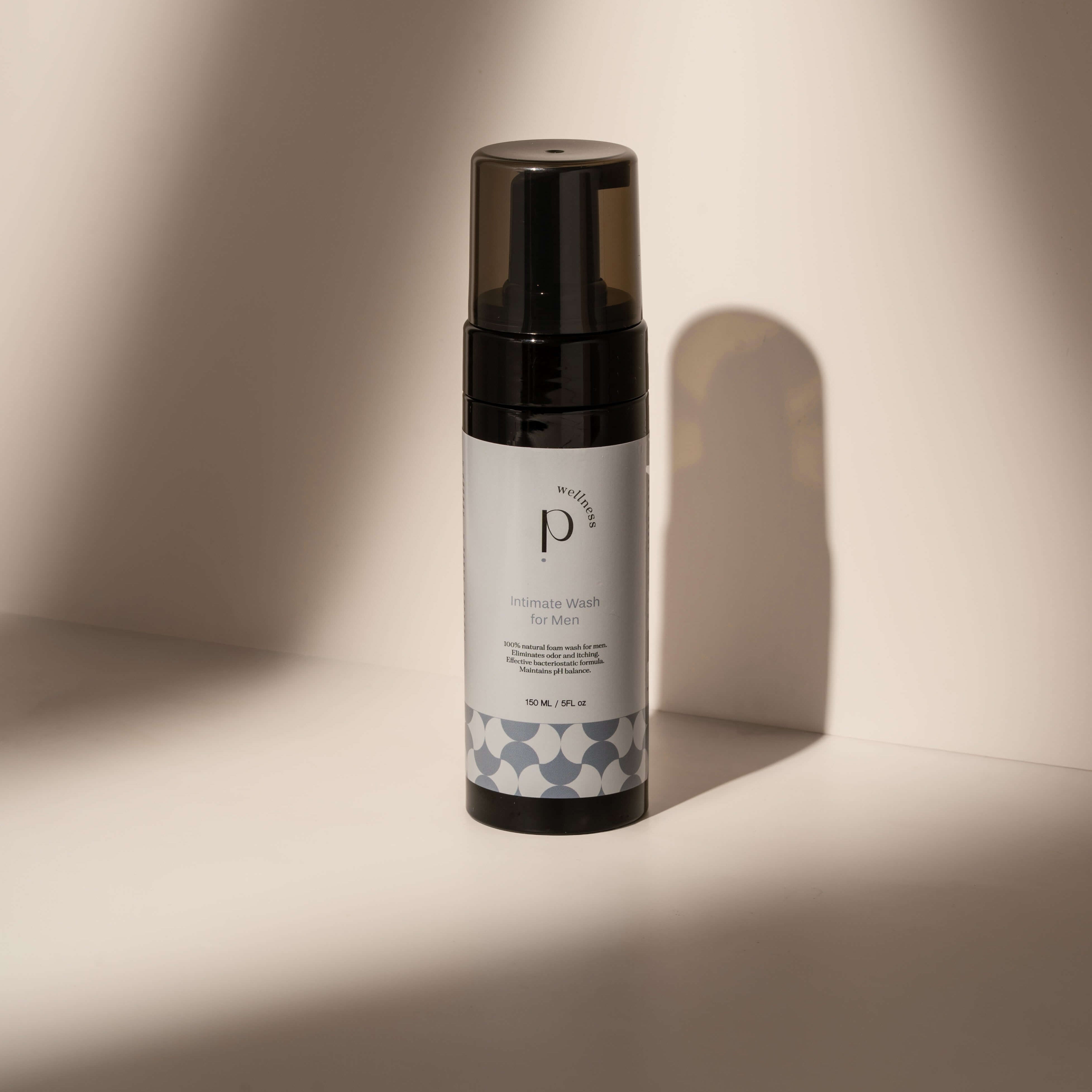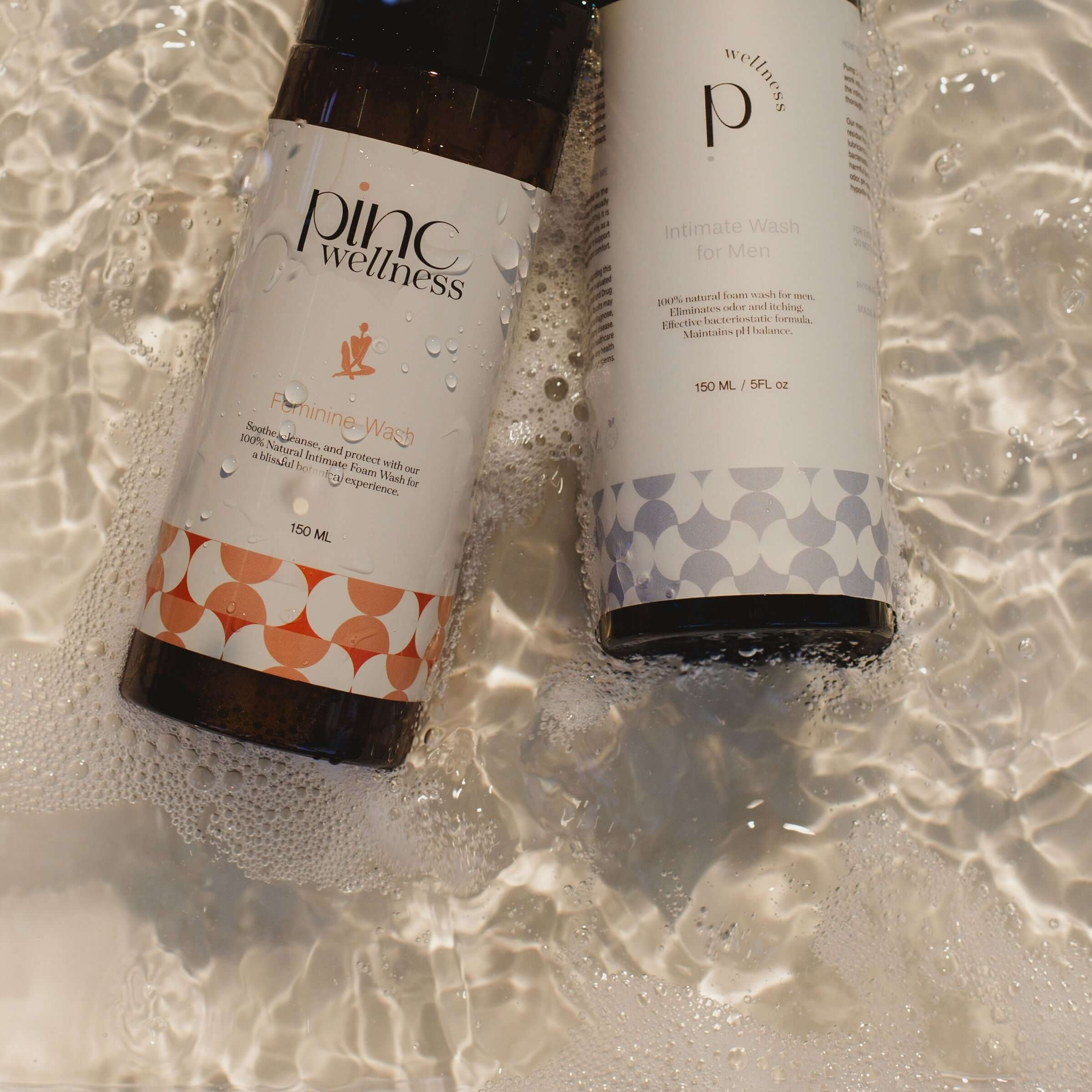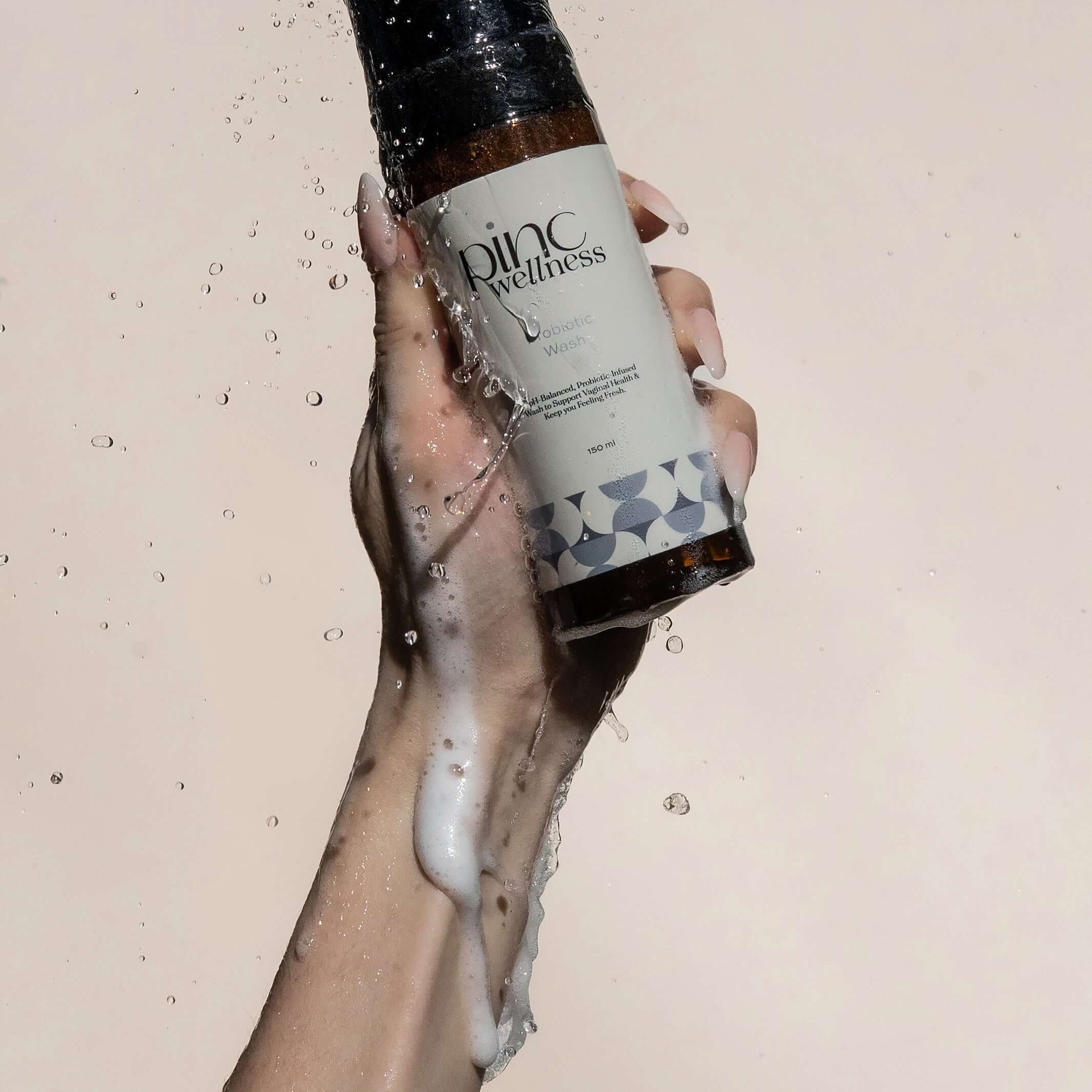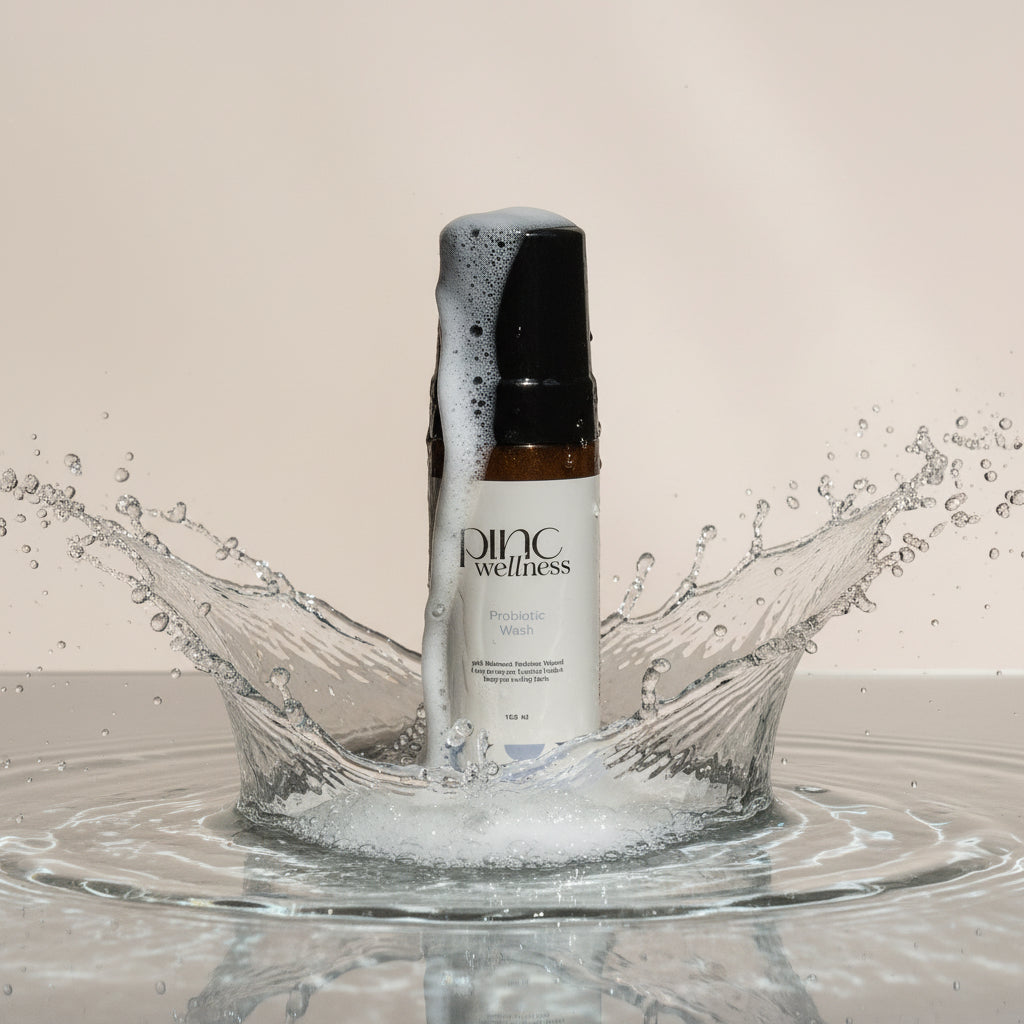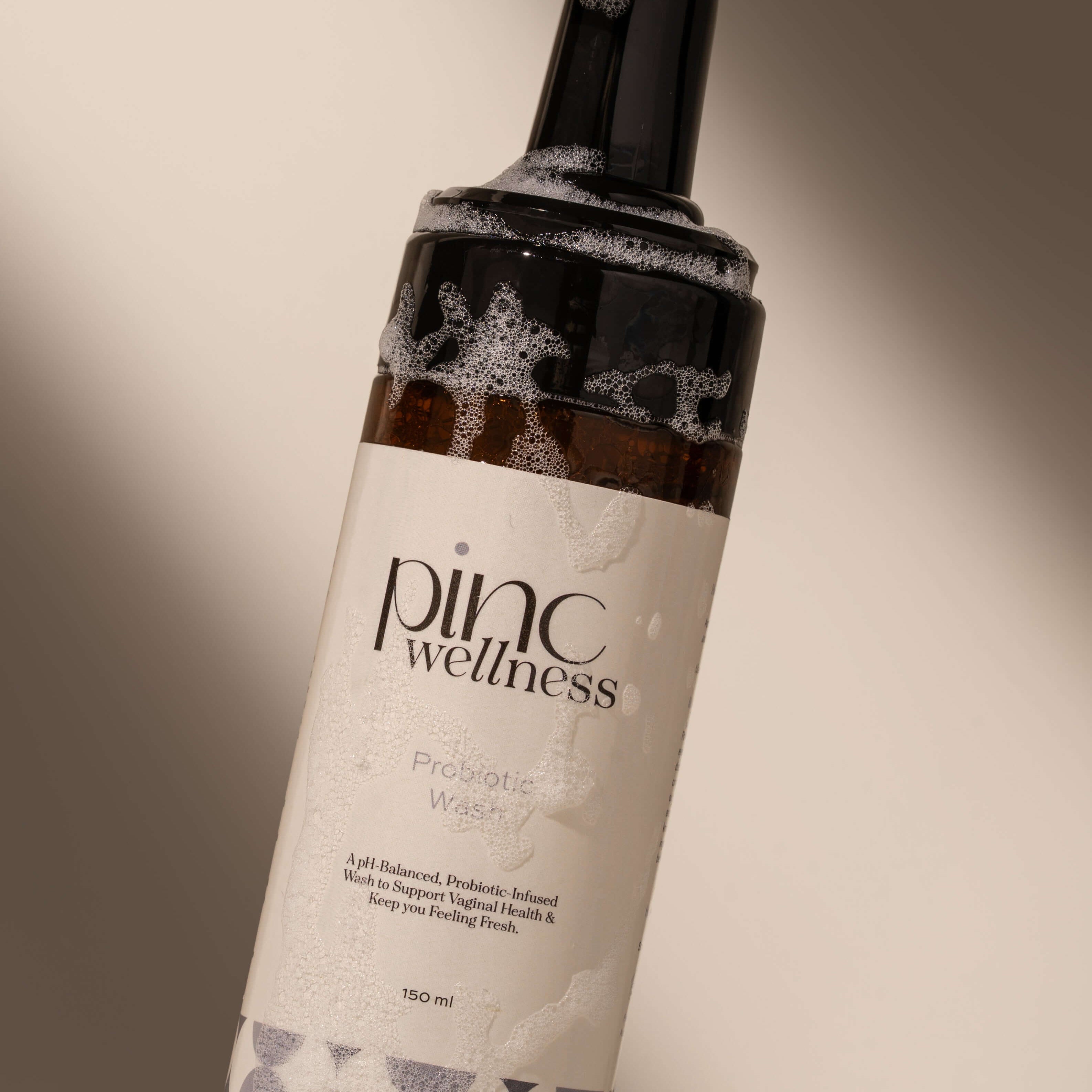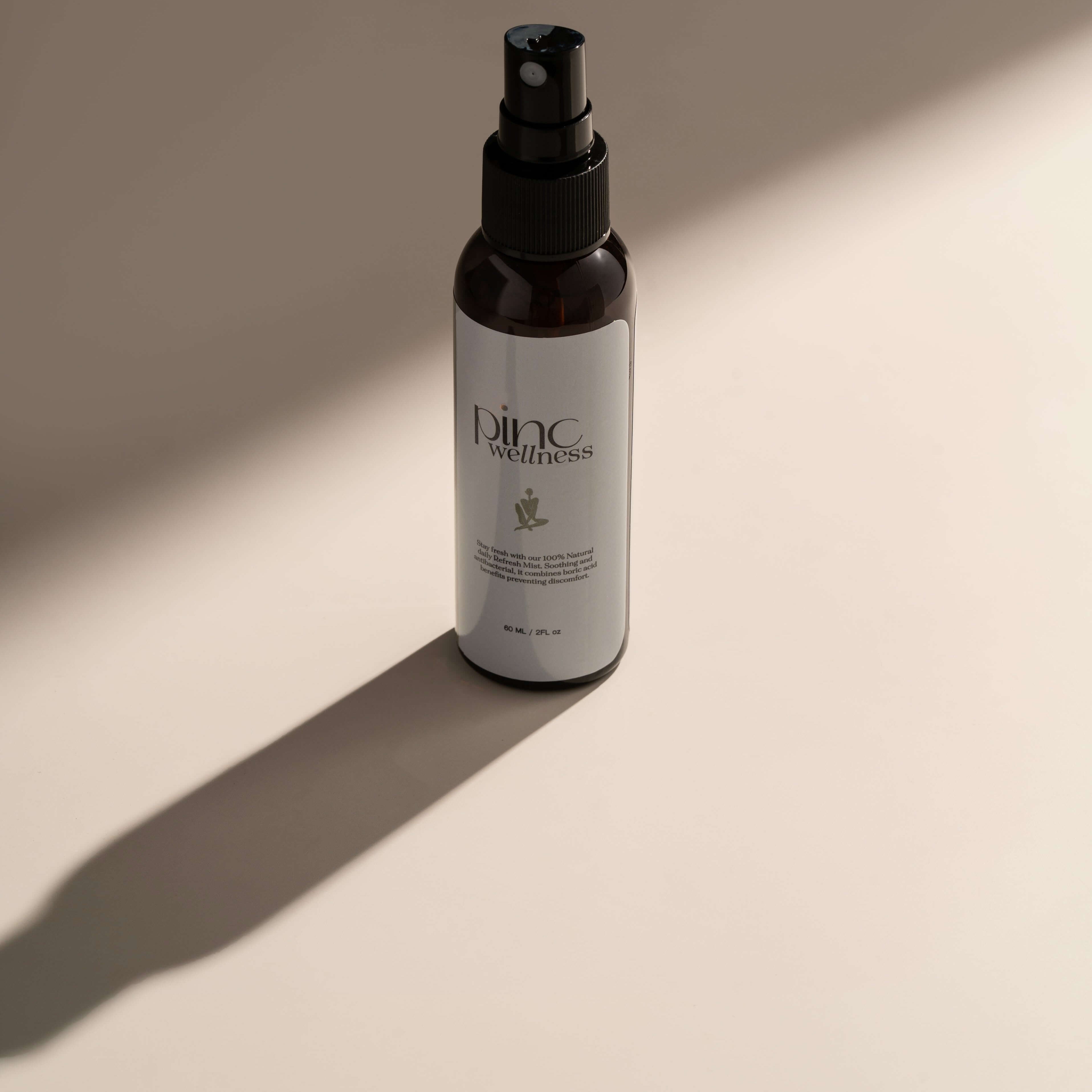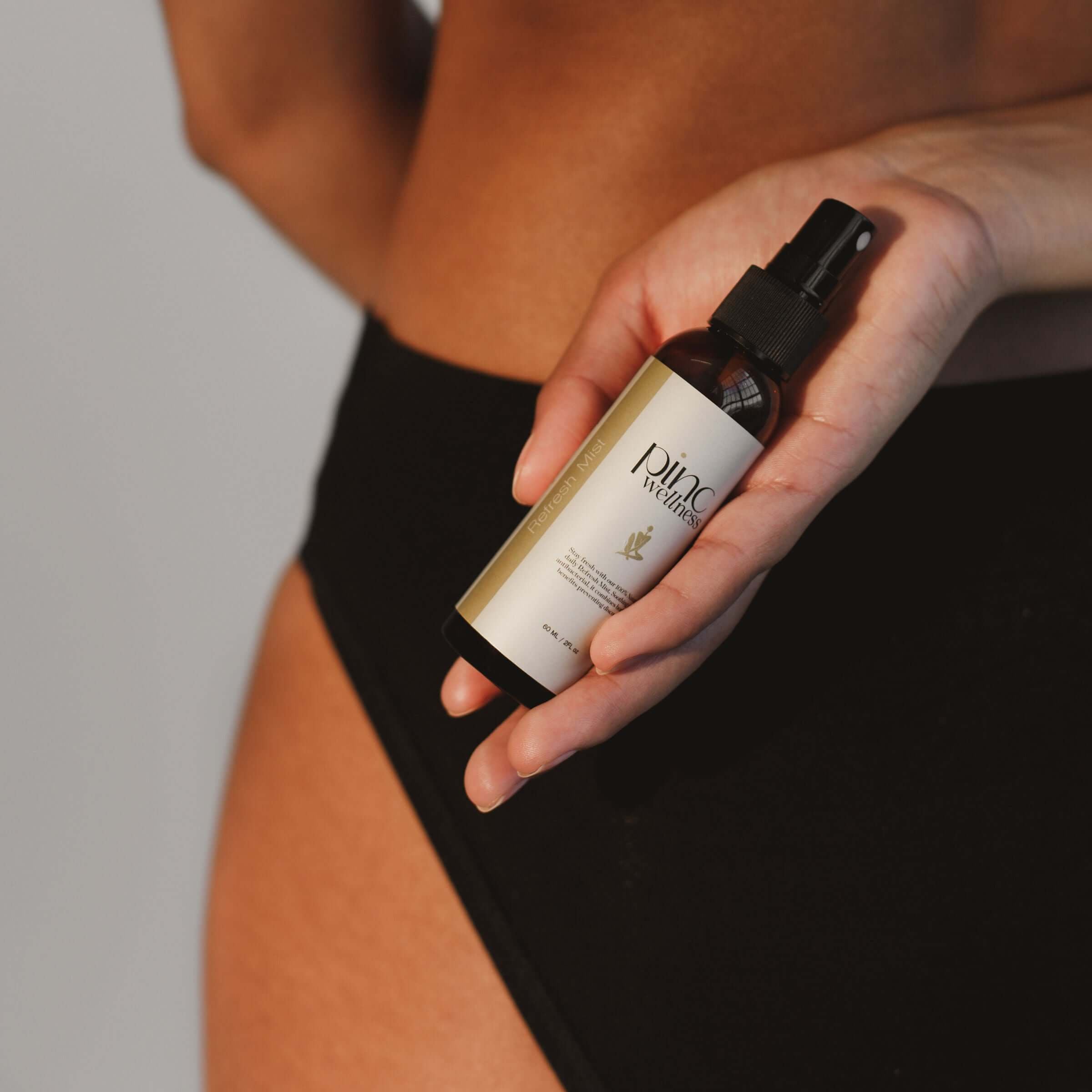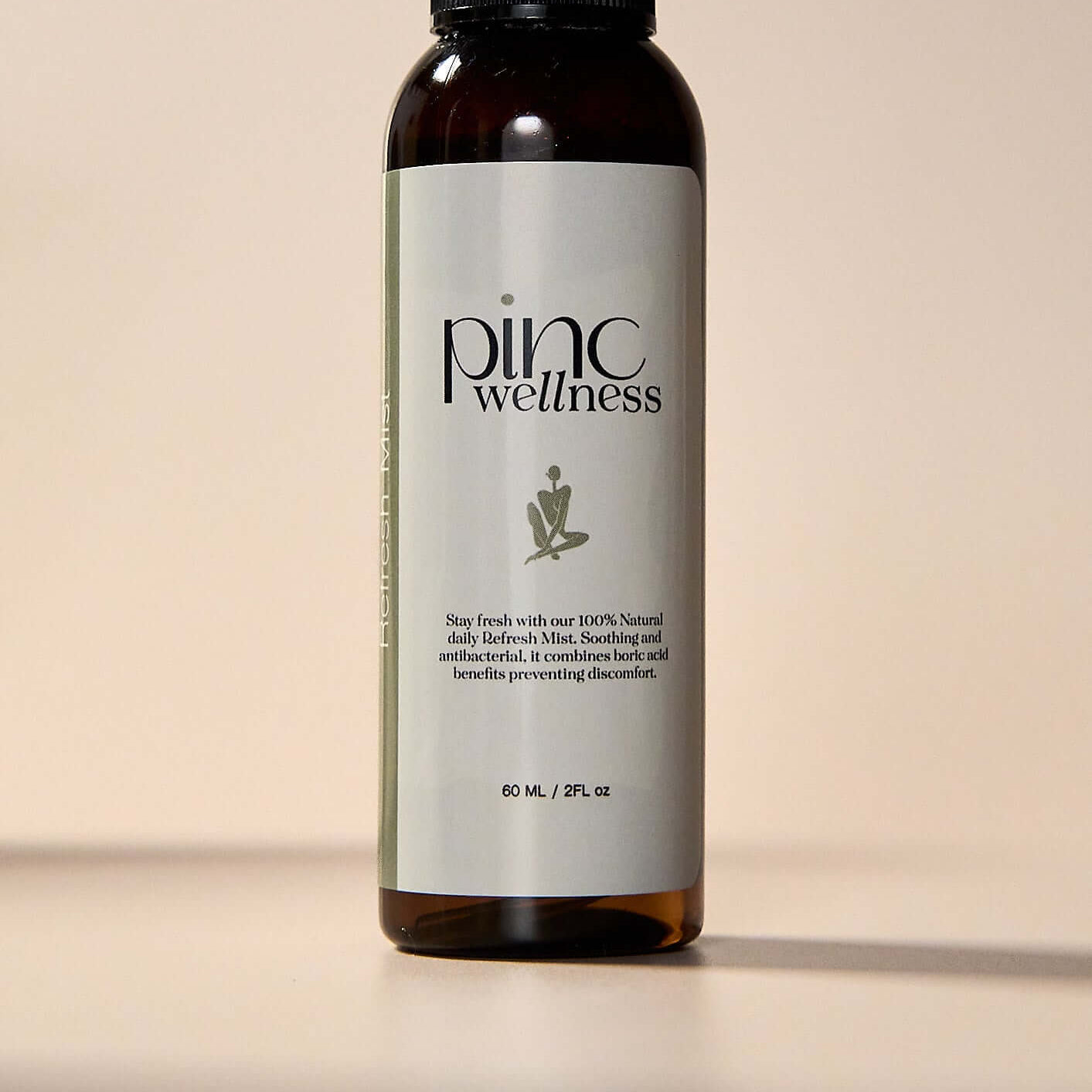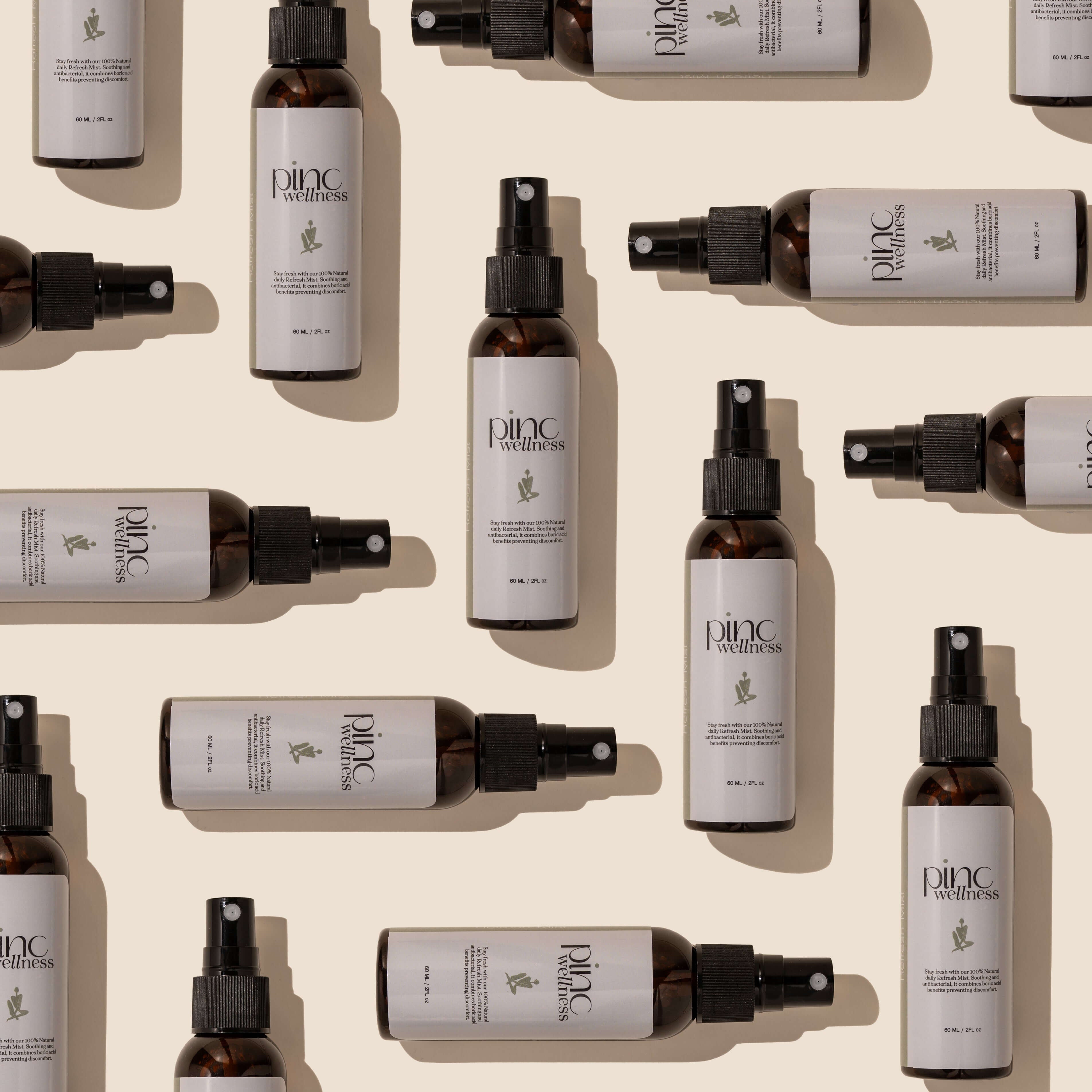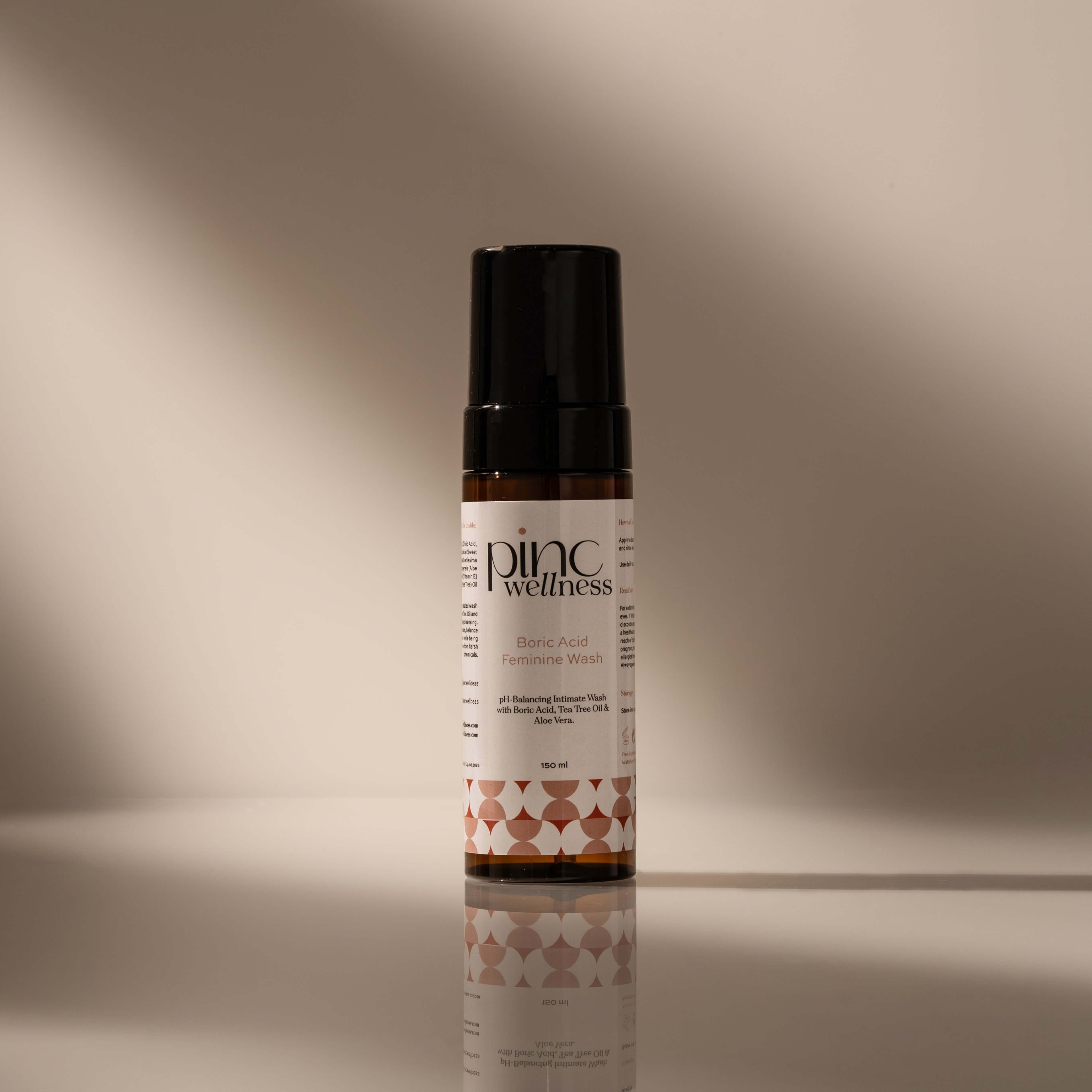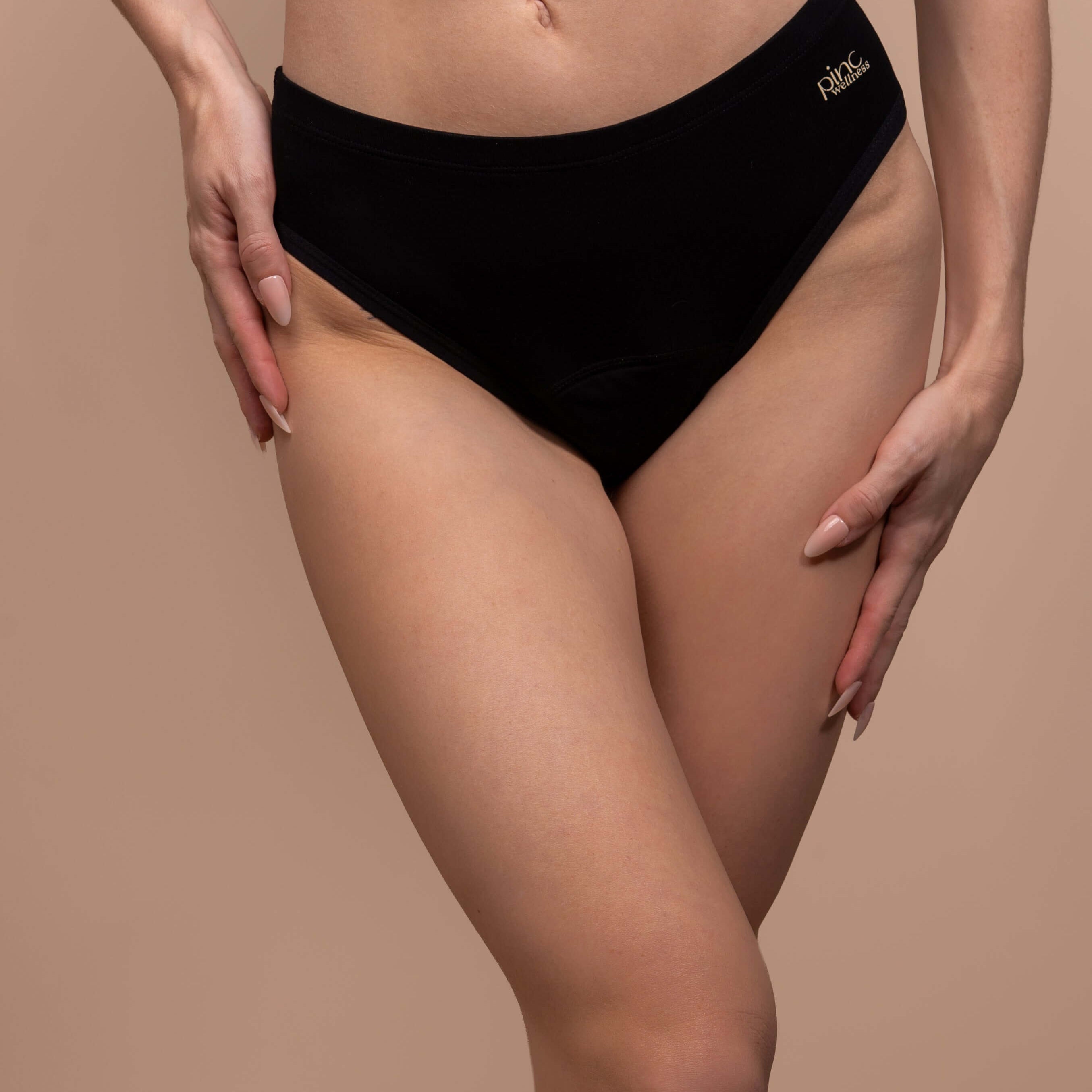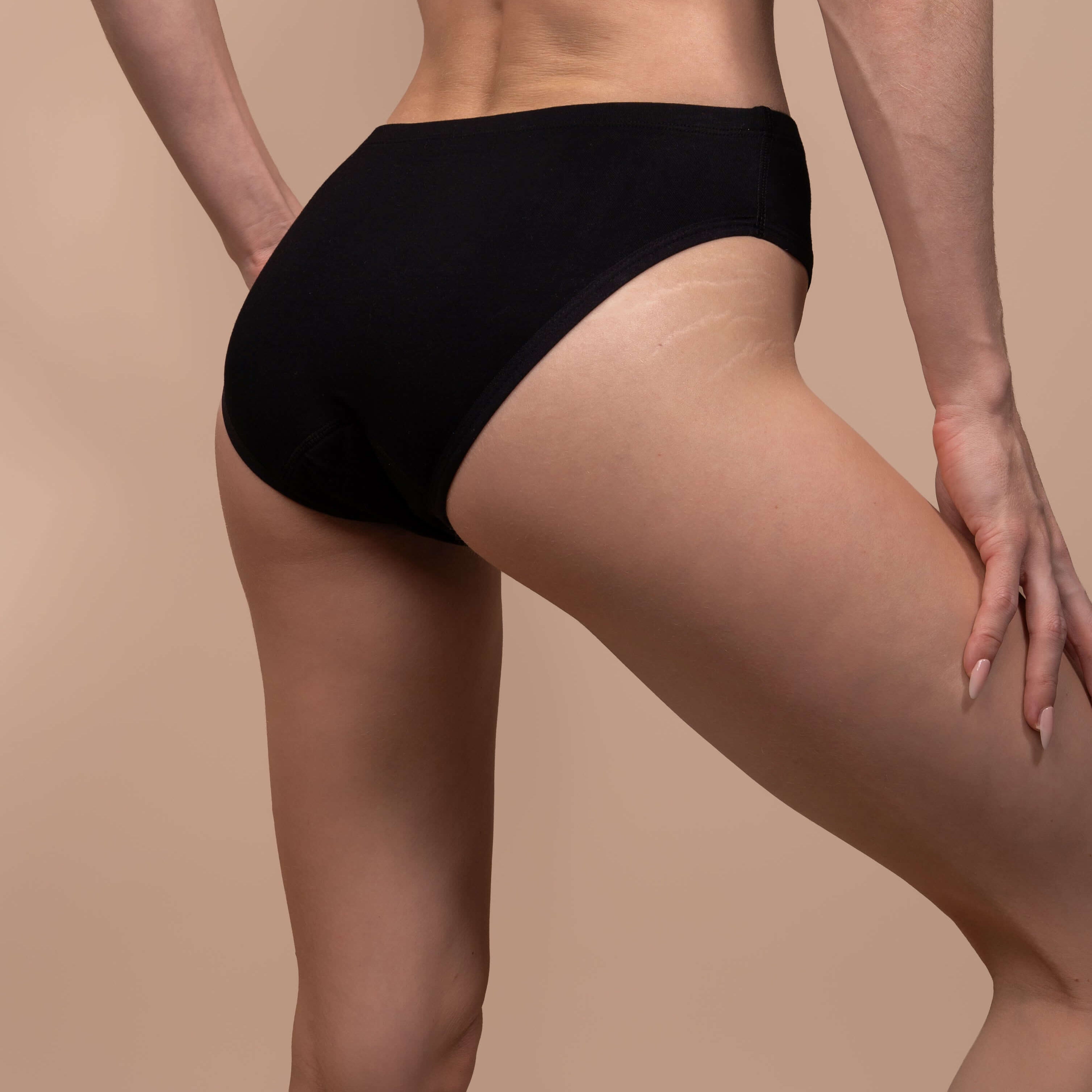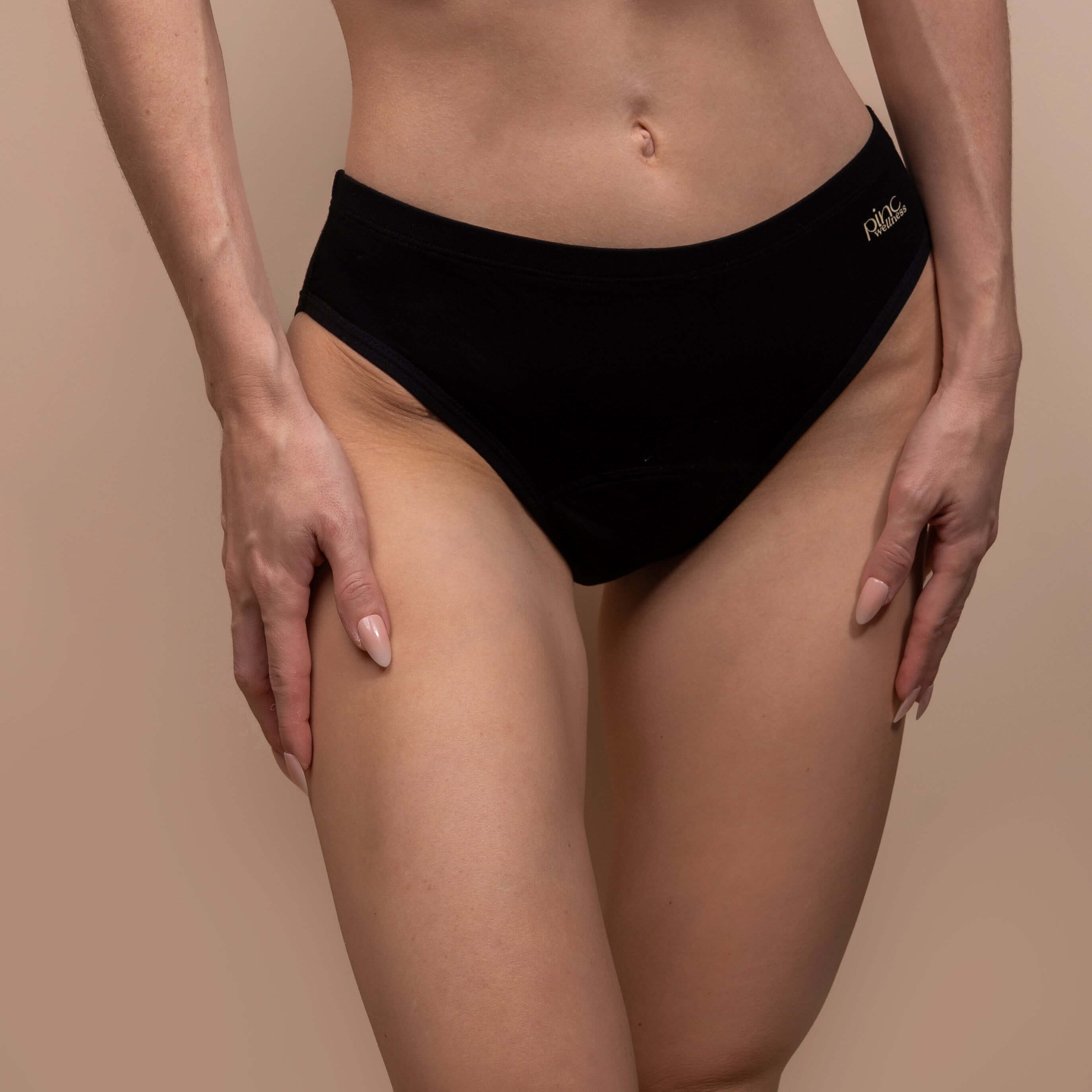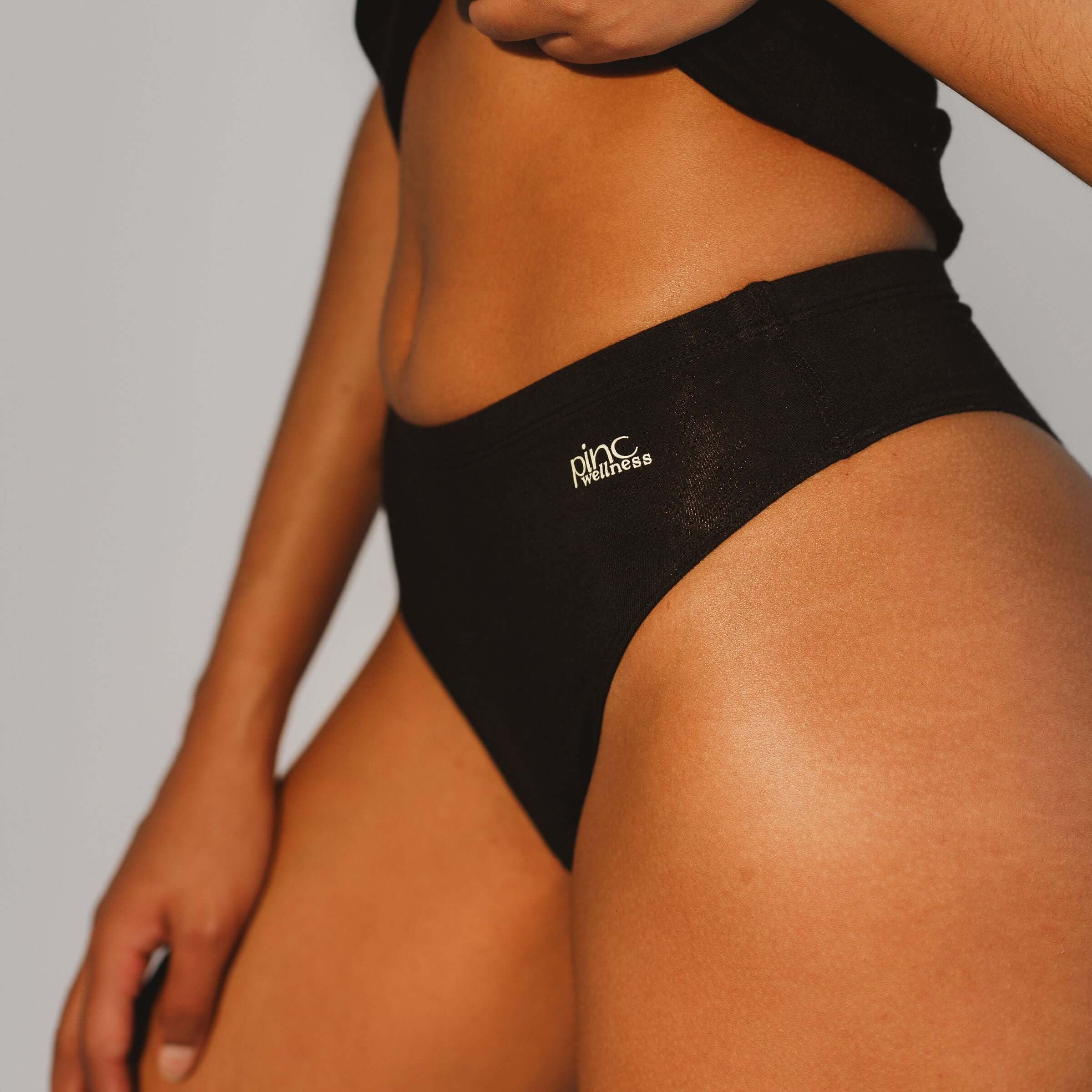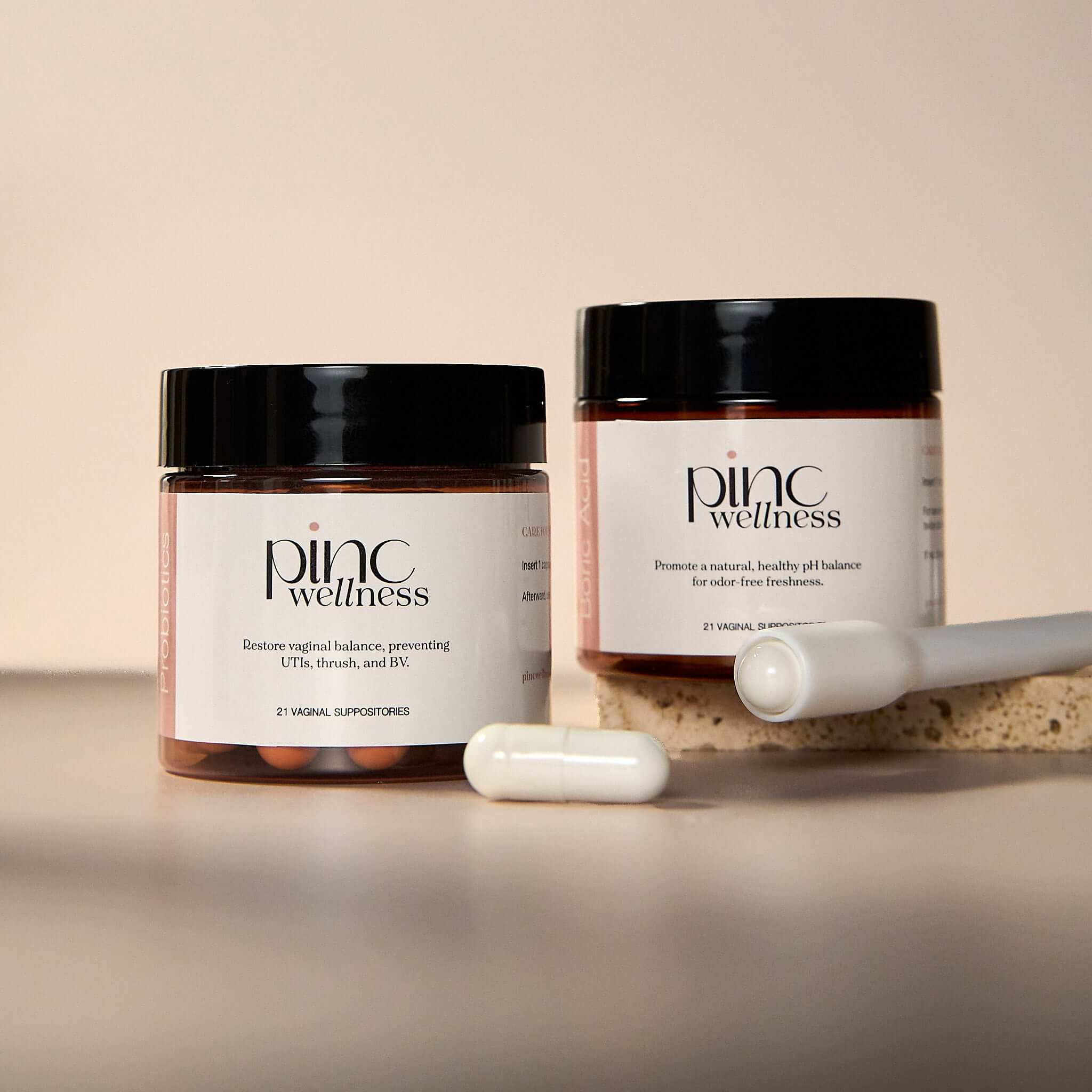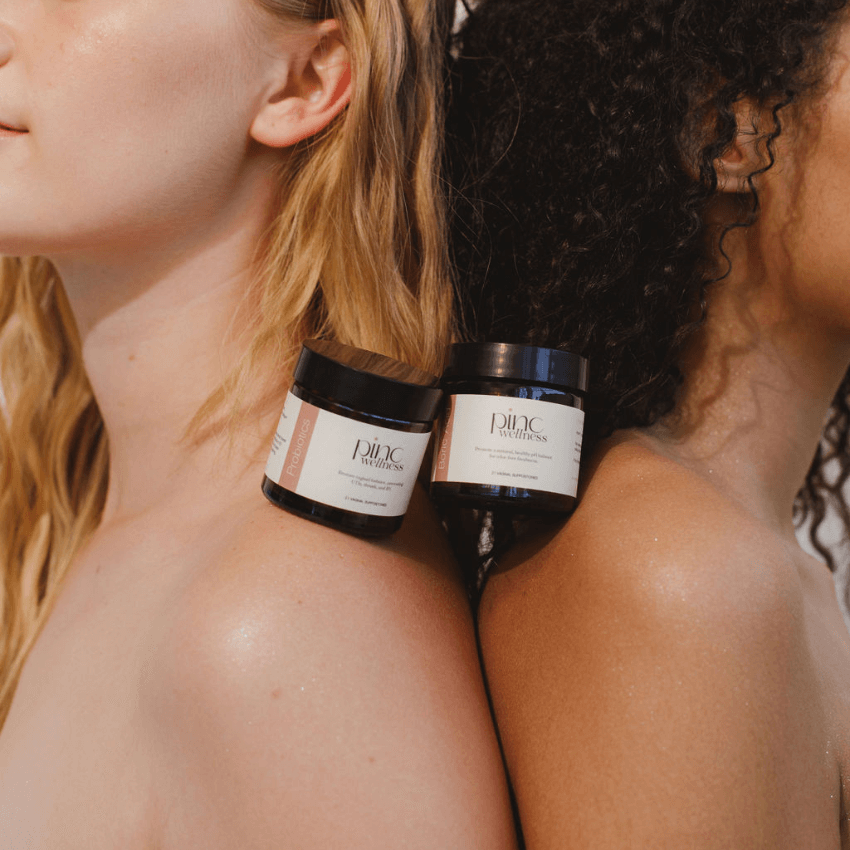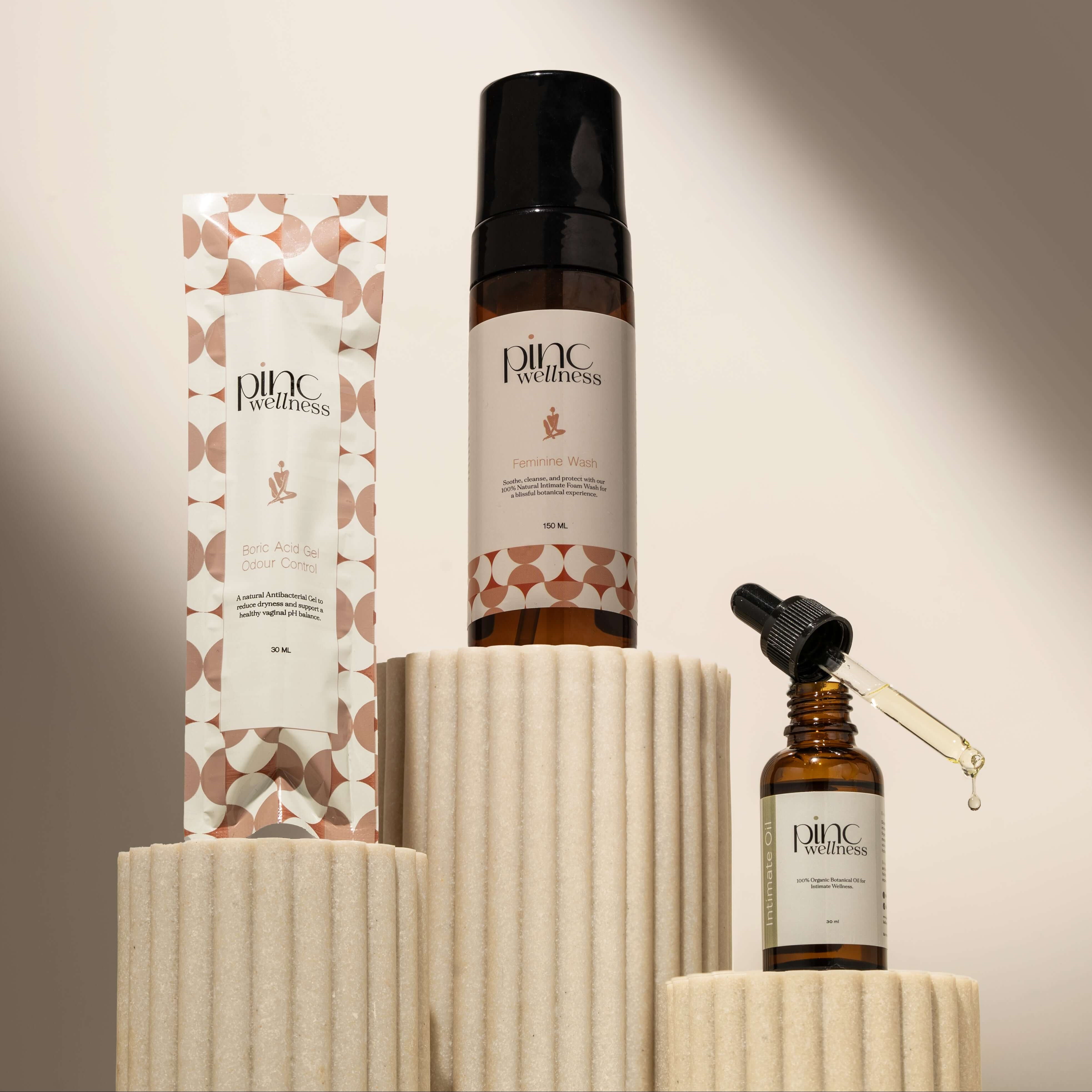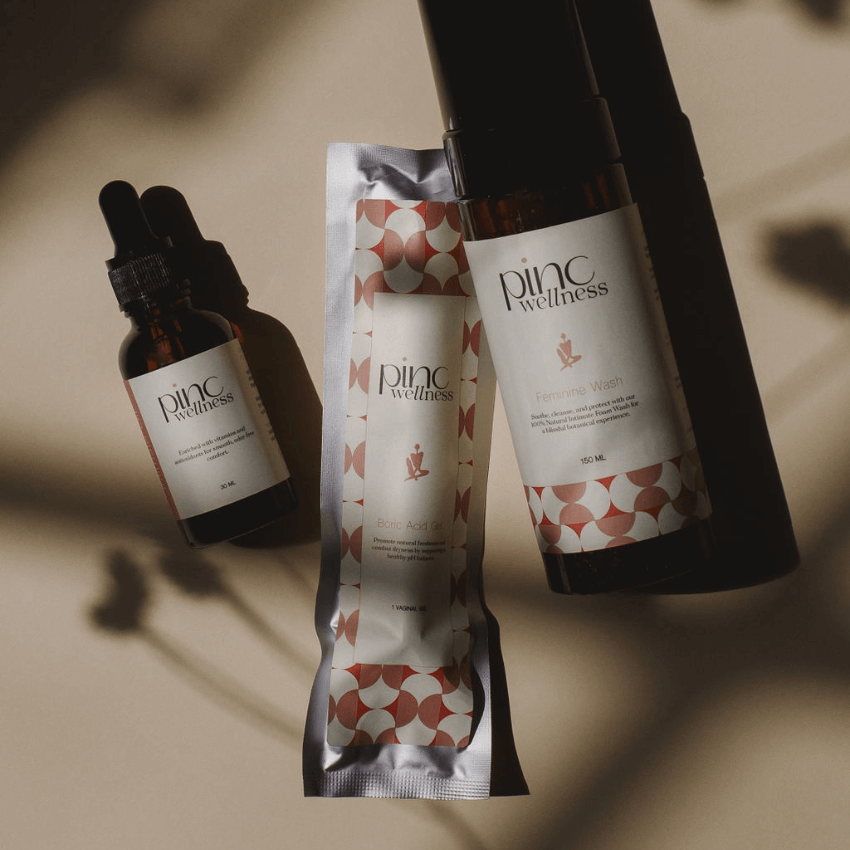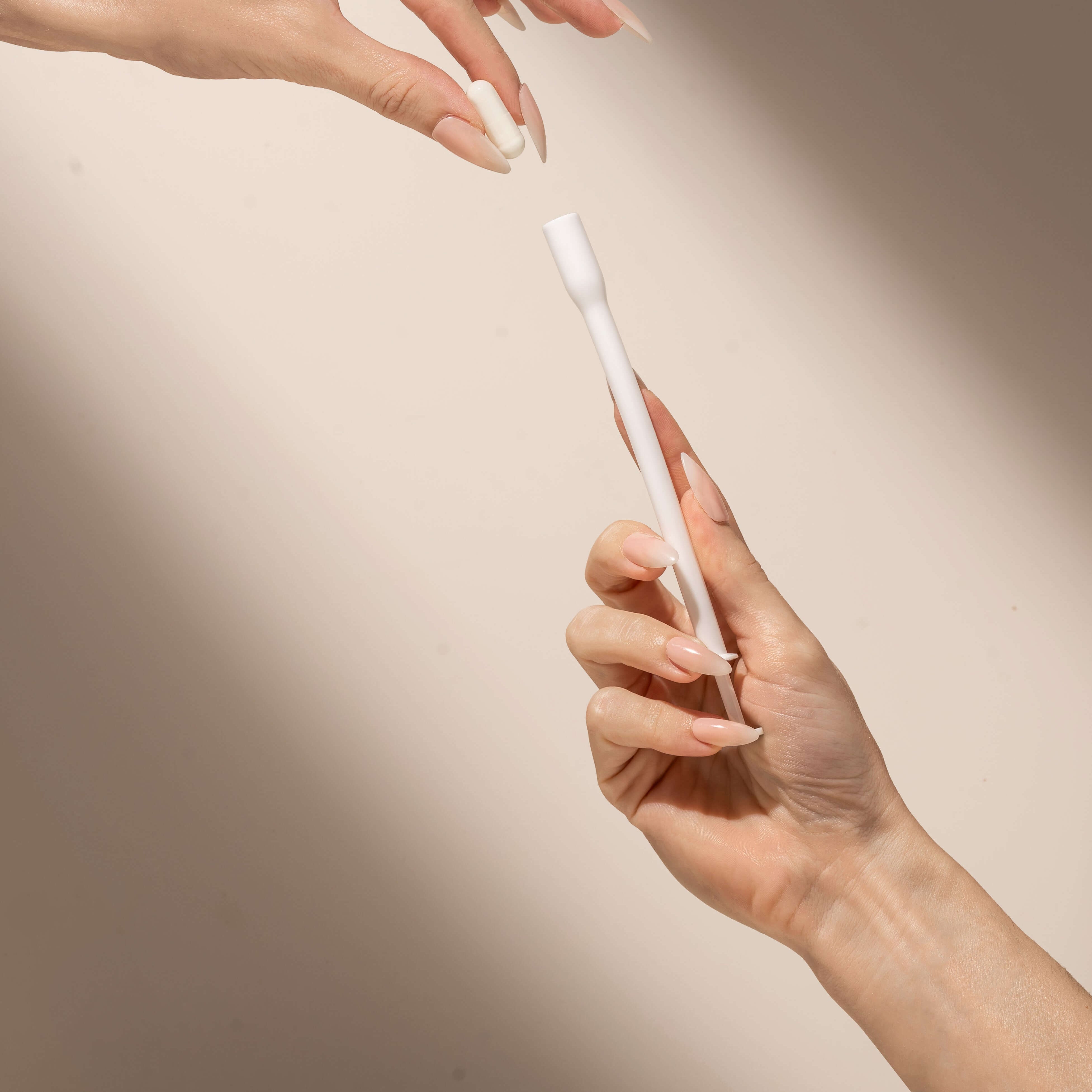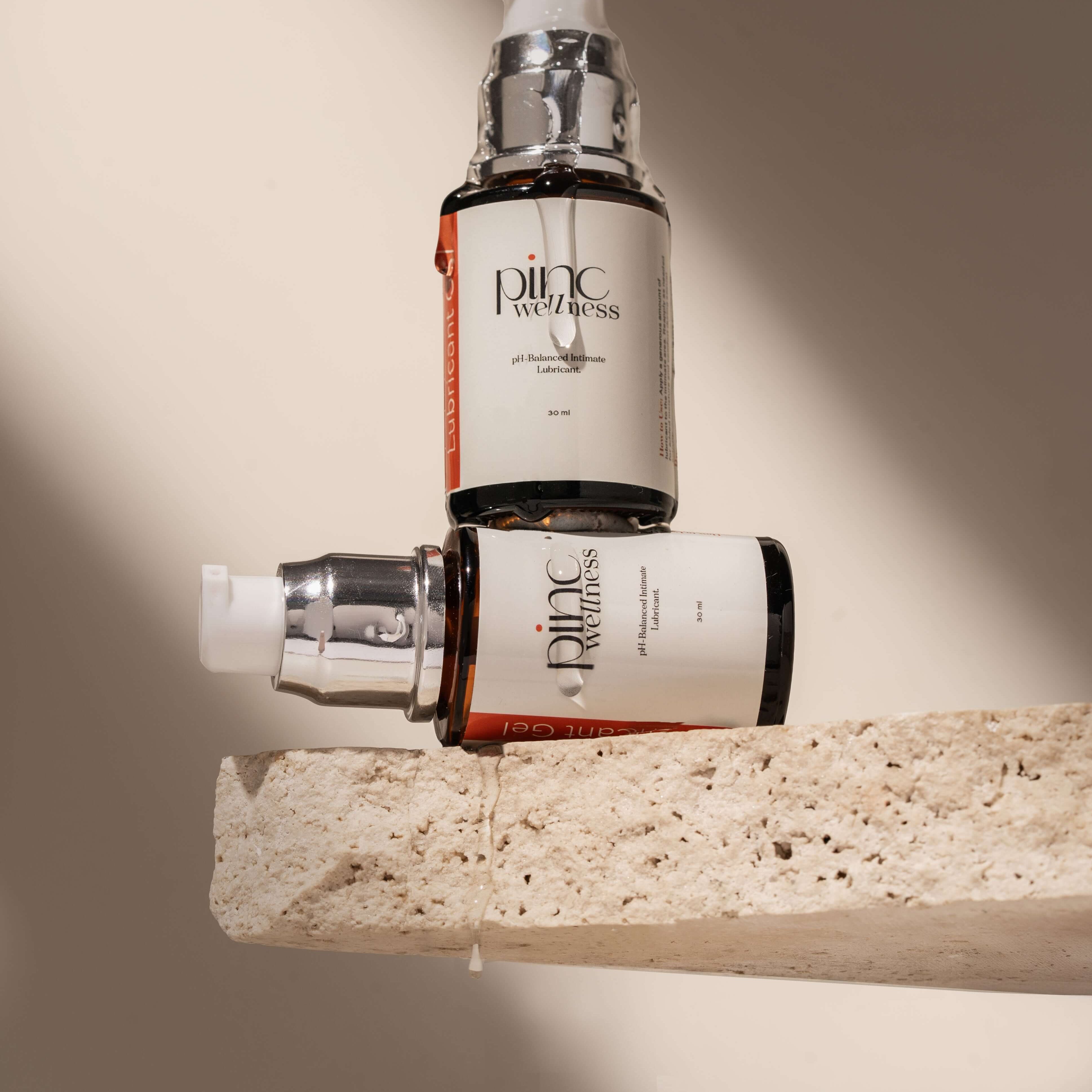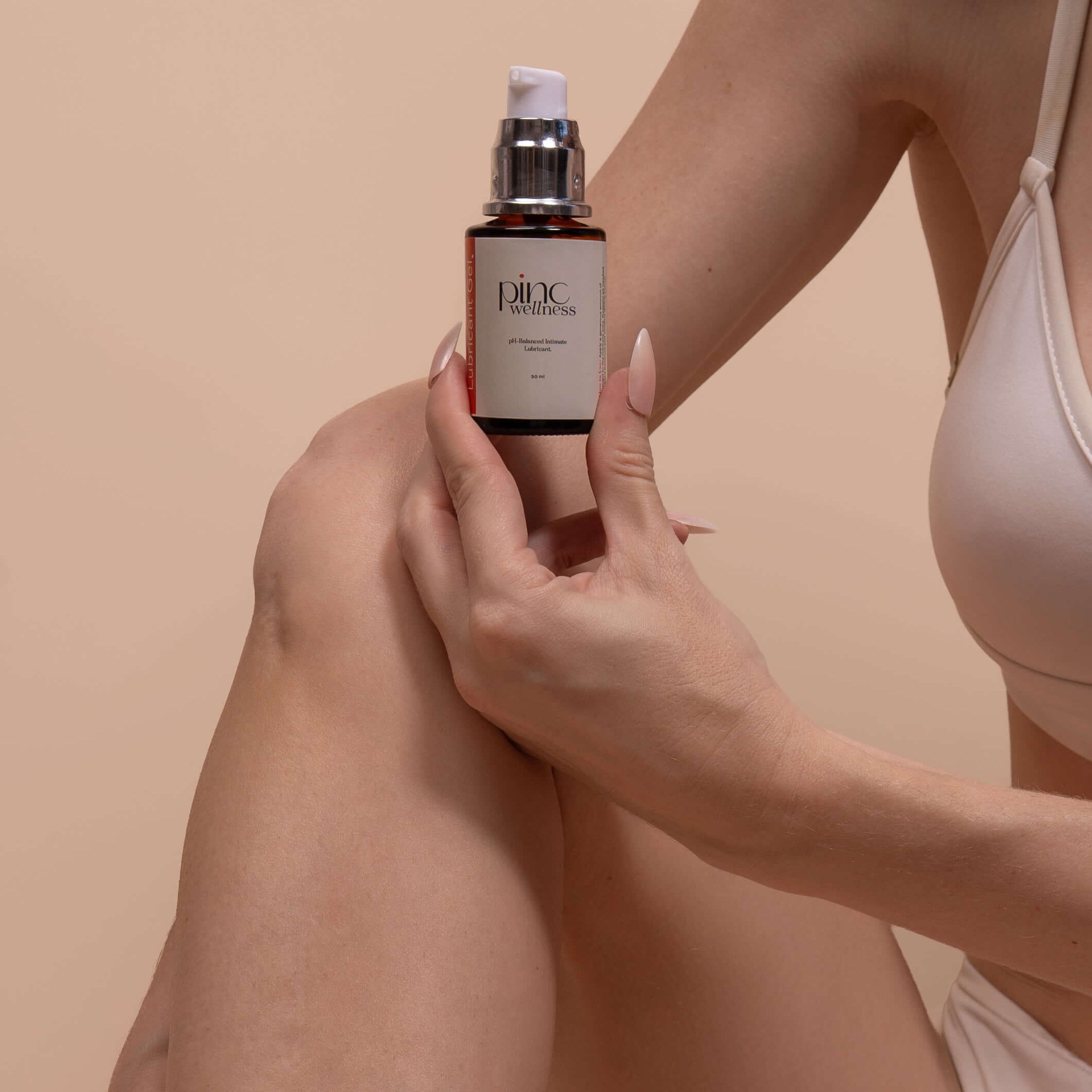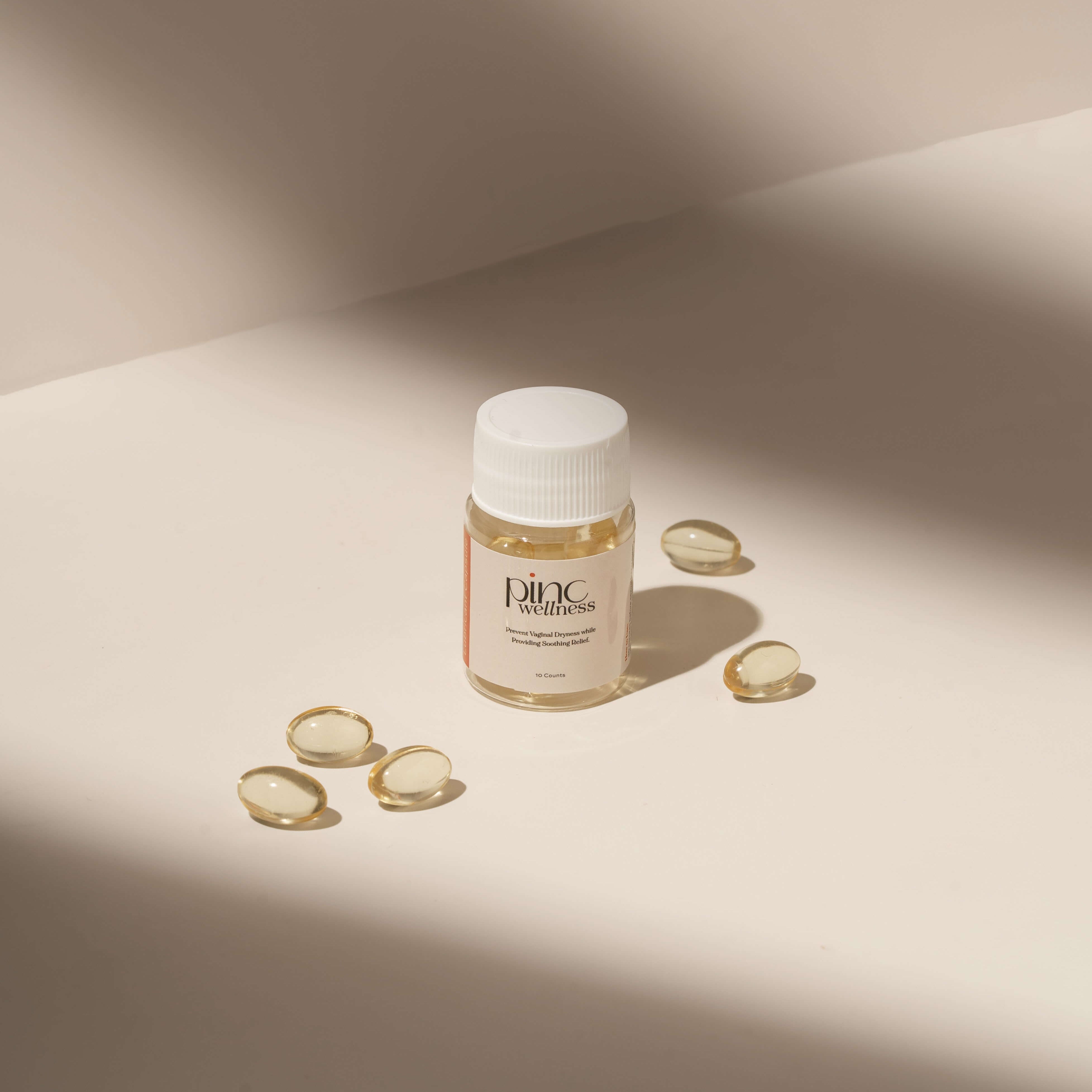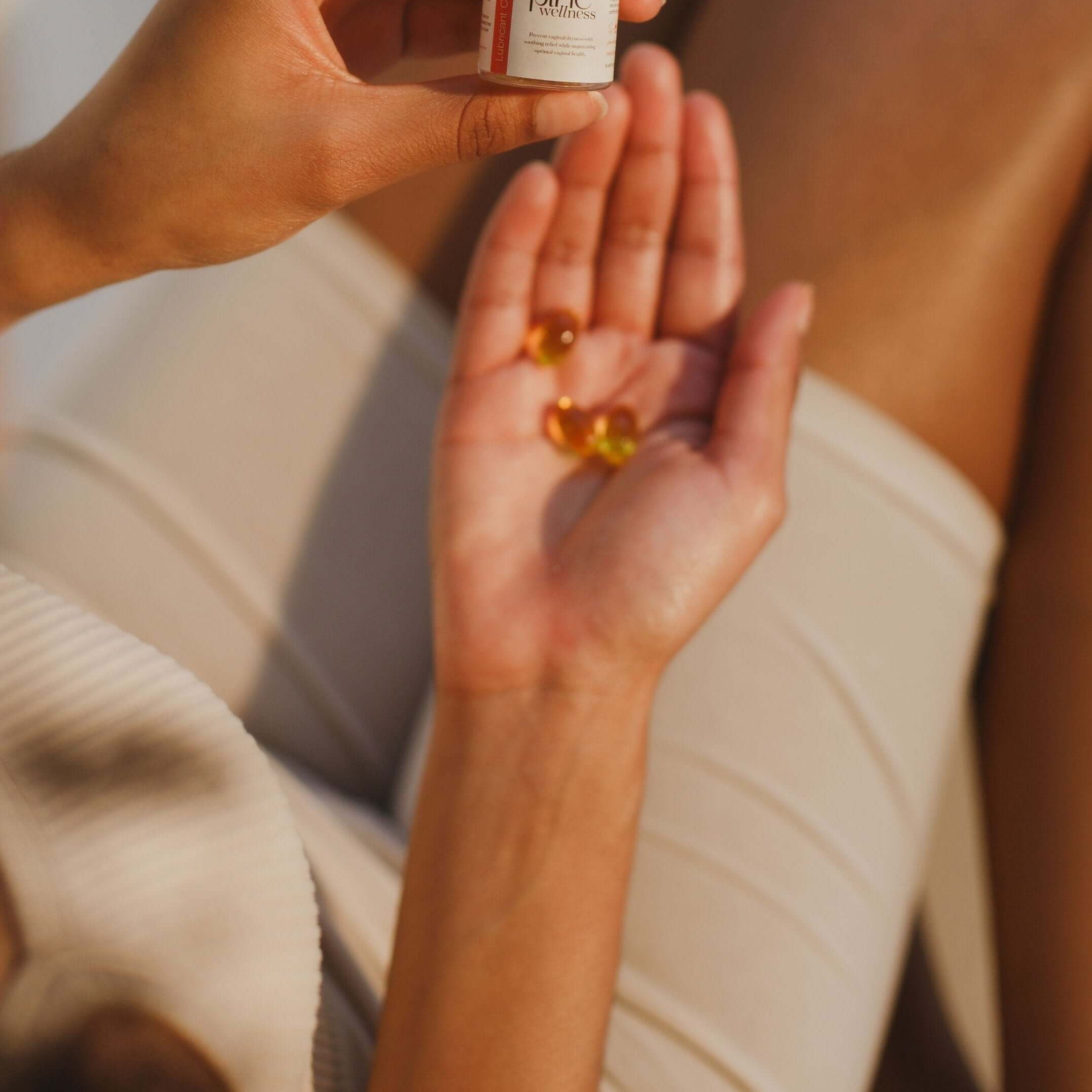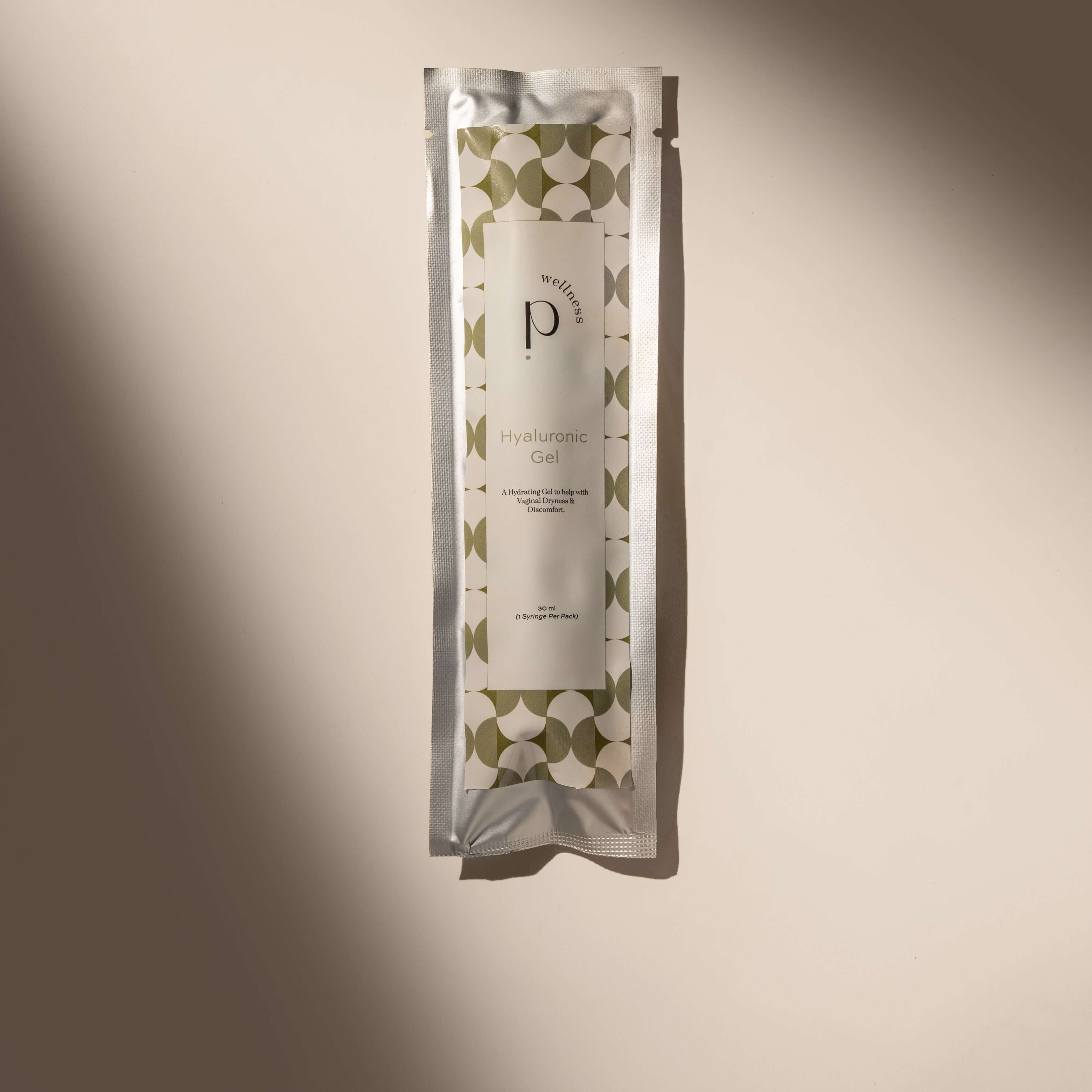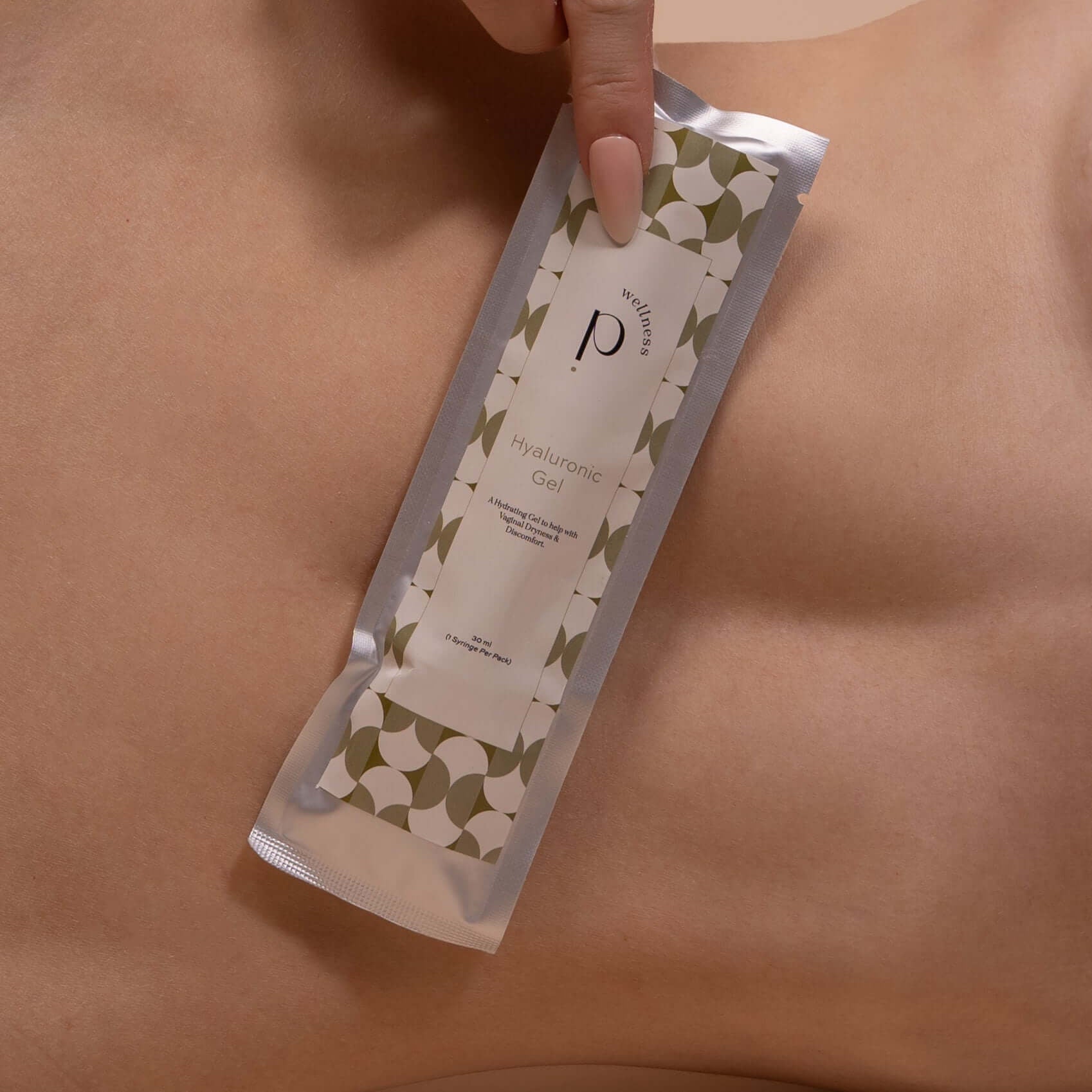Vulvovaginal inflammation caused by thrush, bacterial vaginosis (BV), or other infections can be painful and frustrating, especially when your sensitive skin feels raw and irritated. Boric acid suppositories are a powerful, well-researched treatment option known for effectively addressing these infections and restoring healthy vaginal pH. However, starting treatment with boric acid in the presence of inflammation can feel challenging. This comprehensive guide will walk you through how to use boric acid suppositories safely and gently when dealing with vulvovaginal inflammation, ensuring that you get relief without added discomfort.
What Is Boric Acid and Why Is It Used Vaginally?
Boric acid is a mild antiseptic with potent antifungal and antibacterial properties. When inserted vaginally as suppositories, it helps to:
- Treat recurrent or resistant thrush (including non-albicans Candida species like Candida glabrata), especially those resistant to traditional antifungals such as fluconazole.
- Combat bacterial vaginosis (BV), where an imbalance of beneficial and harmful bacteria disrupts vaginal health.
- Destroy microbial biofilms, which protect bacteria and yeast, making infections stubborn and recurrent.
- Restore and maintain the natural acidic vaginal pH (between 3.8 and 4.5), which supports healthy lactobacilli and inhibits pathogens.
Unlike oral medications, boric acid remains localized without significant bloodstream absorption, making it a safe and affordable option for many women.
Challenges of Using Boric Acid During Vulvovaginal Inflammation
When the vulva and vagina are inflamed and tender, inserting and tolerating boric acid suppositories can be uncomfortable or even painful. The vaginal walls may be dry, sensitive, or irritated, leading to:
- Difficulty inserting capsules due to dryness or atrophy (common in menopause, chemo, or autoimmune conditions).
- Discomfort or burning during dissolution of the suppository.
- Irritation from frequent or excessive use.
Expert Tips to Use Boric Acid Suppositories Comfortably and Safely
- Use a Barrier Cream to Protect Sensitive Skin
Applying a thick, protective barrier cream on the vulva before and after insertion helps shield tender tissues from urine, discharge, and friction.
- A highly recommended choice is Desitin Maximum Strength 40% Zinc Oxide Paste, known for soothing inflamed skin and forming a protective shield.
- Pair with breathable, reusable period undies or panty liners that wick moisture away gently to reduce irritation and odor.
- Use a Lubricant to Ease Insertion
Dryness or atrophic changes can make inserting boric acid capsules difficult and painful. Applying a pH-balanced intimate lubricant or vaginal balm before insertion can help glide the capsule in softly.
- Pinc Wellness’s Vbalm Vulva Balm is designed for sensitive skin, restoring moisture and flexibility.
- If you feel resistance, do not force the capsule—using more moisture first is safer and prevents irritation.
- Lubrication also helps boric acid powder dissolve more efficiently by creating a wet vaginal environment.
- Choose Vegan Capsules for Faster Dissolution
User feedback reveals that vegan boric acid capsules tend to dissolve faster and cause less irritation than gelatin capsules, as they release boric acid more quickly in the moist environment of the vagina.
- Avoid Overusing Boric Acid Suppositories
Using too many suppositories consecutively can cause irritation and actually set back healing.
- Typical effective use ranges from 1 to 3 days initially, with careful monitoring of symptoms.
- If longer treatment is needed (such as for resistant infections), take breaks between courses to build tissue tolerance.
- Think of boric acid treatment as a slow, gentle healing journey—not a race.
- Address Dermal and Vulvar Skin Health Concurrently
Boric acid treats the infection, but vulvar tissues may remain fragile.
- Use external topical anti-inflammatory creams like hydrocortisone sparingly, if advised by a healthcare provider, to reduce swelling and discomfort.
- Apply emollients such as Vitamin E suppositories, aloe vera gel, coconut oil, or Pinc Wellness’s Vbalm to restore skin elasticity, moisture, and the protective barrier.
- Avoid harsh wiping; pat dry gently and consider sitz baths with diluted baking soda for soothing relief.
- Special Considerations for Vulvar Conditions and Hormonal Health
- For autoimmune vulvar conditions like Lichen Sclerosis, consult a specialist before using boric acid to avoid flare-ups.
- During perimenopause and menopause, estrogen deficiency can cause vaginal dryness, atrophy, and recurrent infections.
- Vaginal estrogen creams or pessaries prescribed by your doctor can greatly improve tissue health and reduce infection risk.
- Vaginal estrogen creams or pessaries prescribed by your doctor can greatly improve tissue health and reduce infection risk.
- Manage Pain Proactively
Chronic vulvovaginal pain can become a separate problem if left unaddressed.
- Use appropriate pain management strategies including over-the-counter anesthetic creams, prescription medications (like gabapentin), heat or cold packs, and pelvic floor therapy.
- Antihistamines may help reduce inflammation and itching in cases with allergic-type reactions to infections.
- Don’t Ignore Mental Health
The emotional toll of chronic vulvovaginal pain is significant.
- Consider therapy, support groups on Facebook or Reddit, and mindfulness practices.
- Treating vulvovaginal infections is also an act of self-love and care; create a comforting ritual around treatment time to reduce stress.
What If Boric Acid Isn’t Working?
- Persistent or recurrent symptoms may indicate co-infections with organisms like Mycoplasma or Ureaplasma, which require specific PCR testing.
- Cytolytic vaginosis (CV) can mimic thrush but needs a different strategy—boric acid won’t help here.
- Never ignore ongoing symptoms; seek a thorough evaluation and don’t settle for “new normal” discomfort.
Summary: Gentle Care for Lasting Vaginal Health
Boric acid suppositories provide a powerful, natural weapon against thrush and BV, even in inflamed, tender vaginas. By using barrier creams, lubricants, appropriate dosing, and addressing skin health and mental well-being, you can tolerate and benefit from this therapy fully.
Pinc Wellness offers a range of gentle, pH-balanced feminine health products designed to support sensitive skin, restore microbiome balance, and prevent infections, giving you the confidence to reclaim your intimate wellness.

